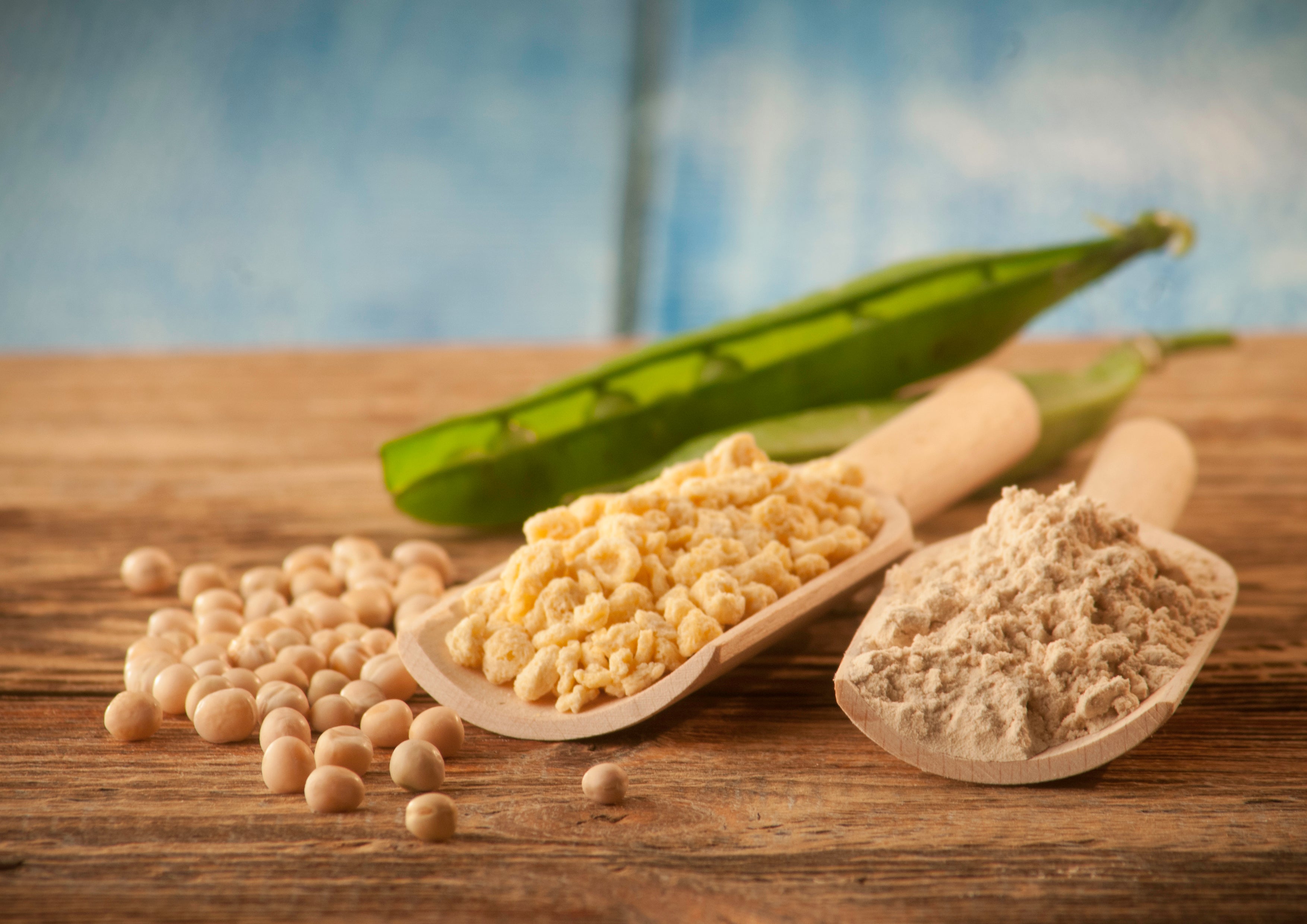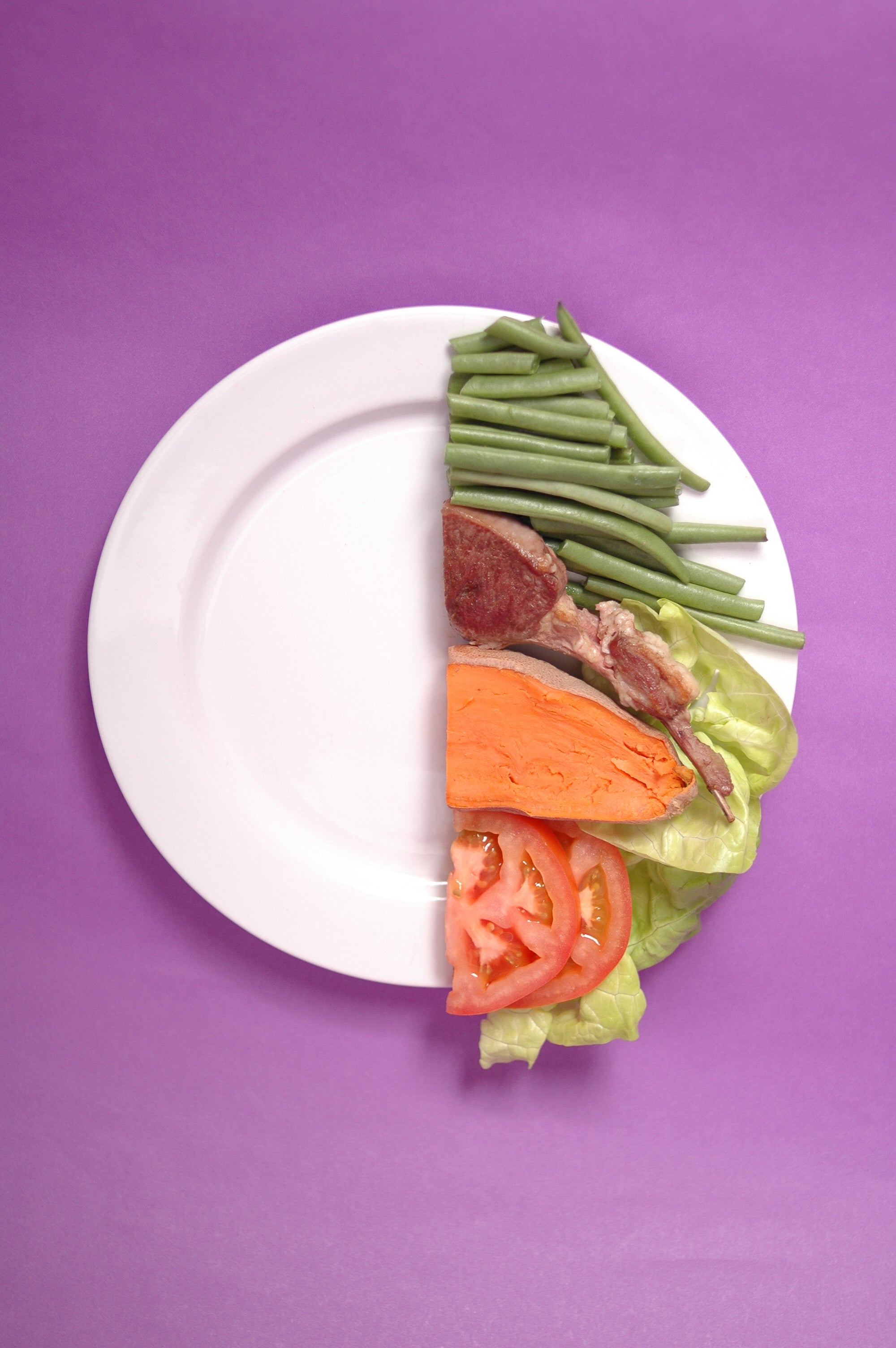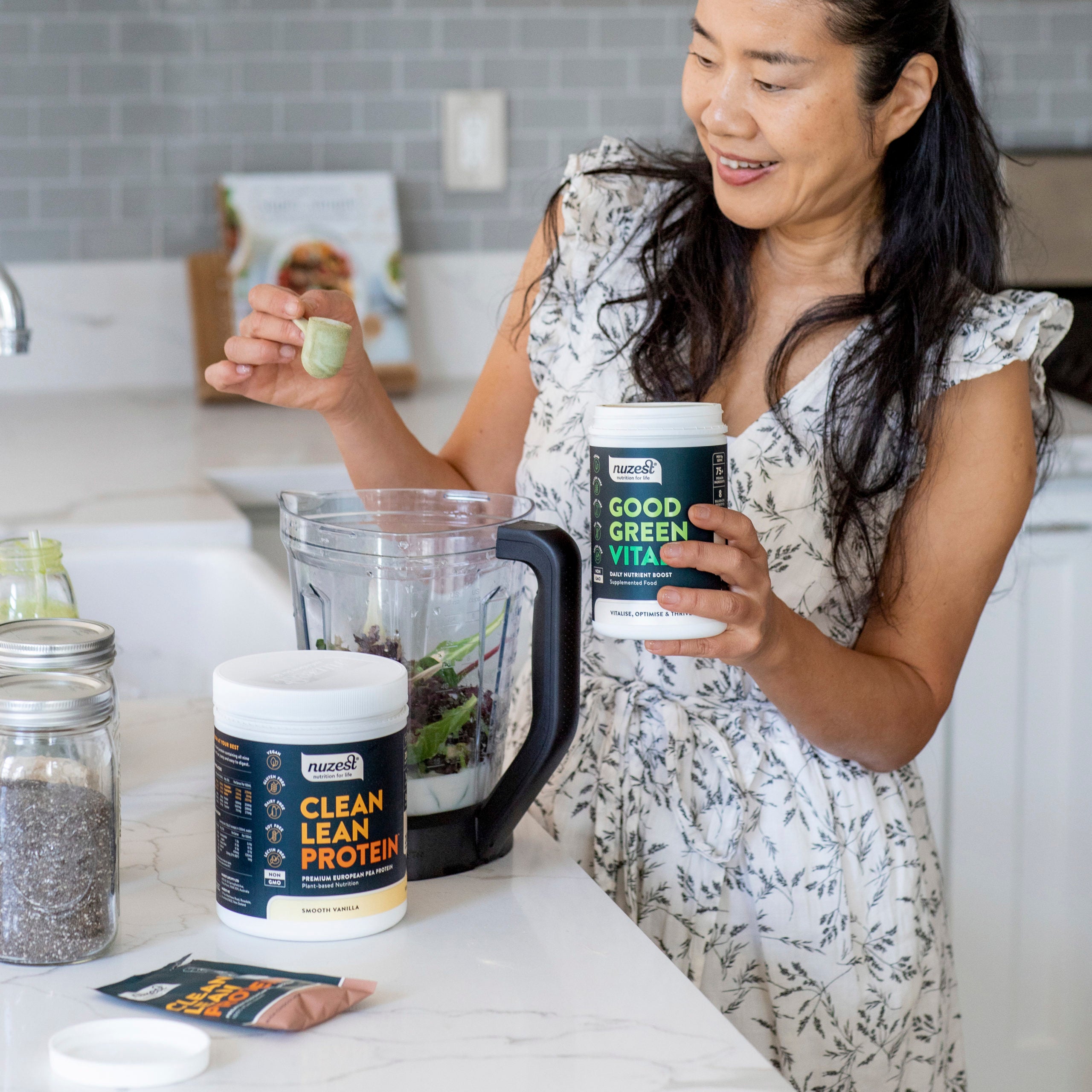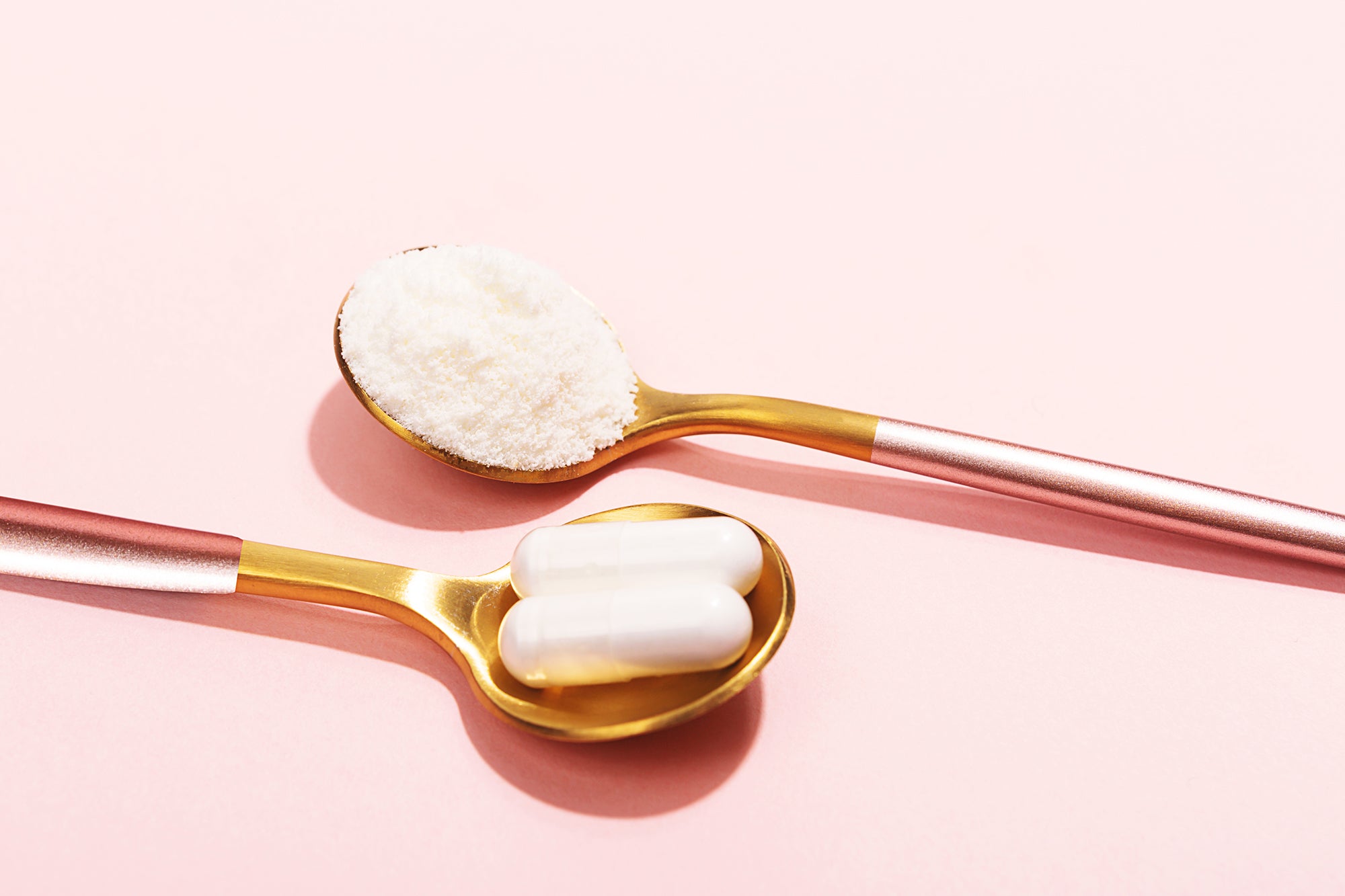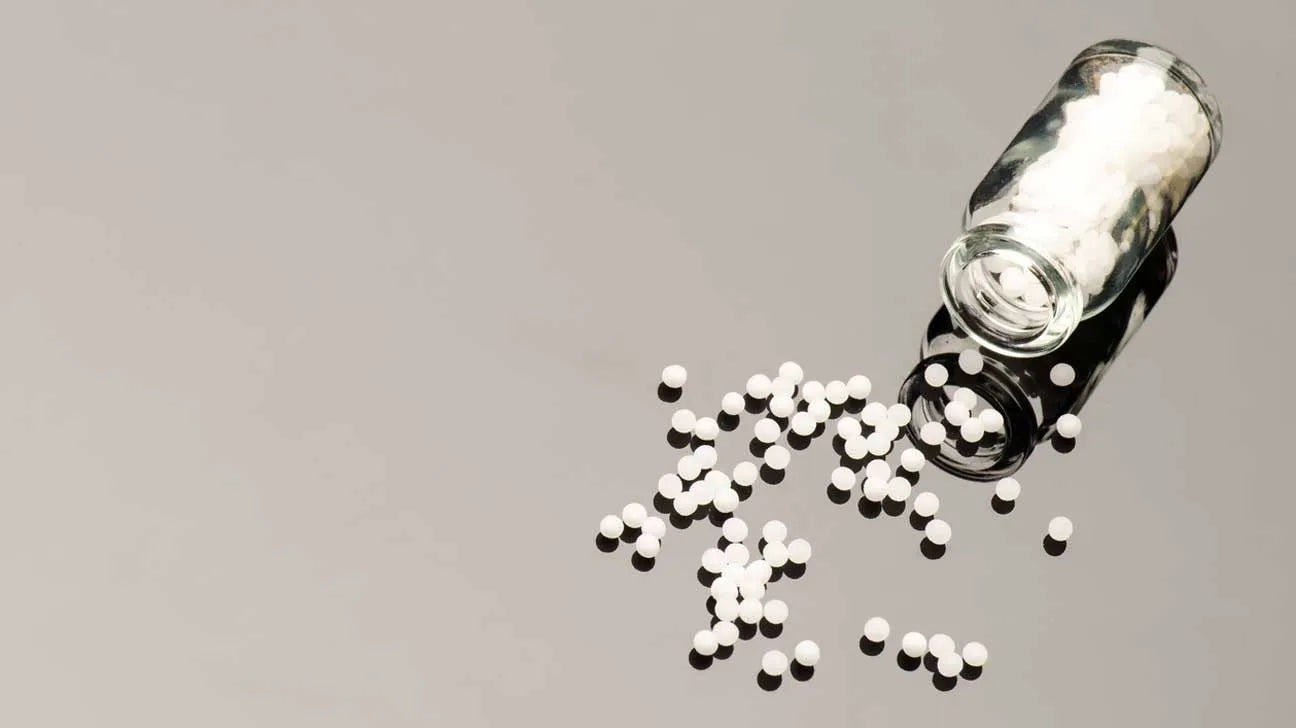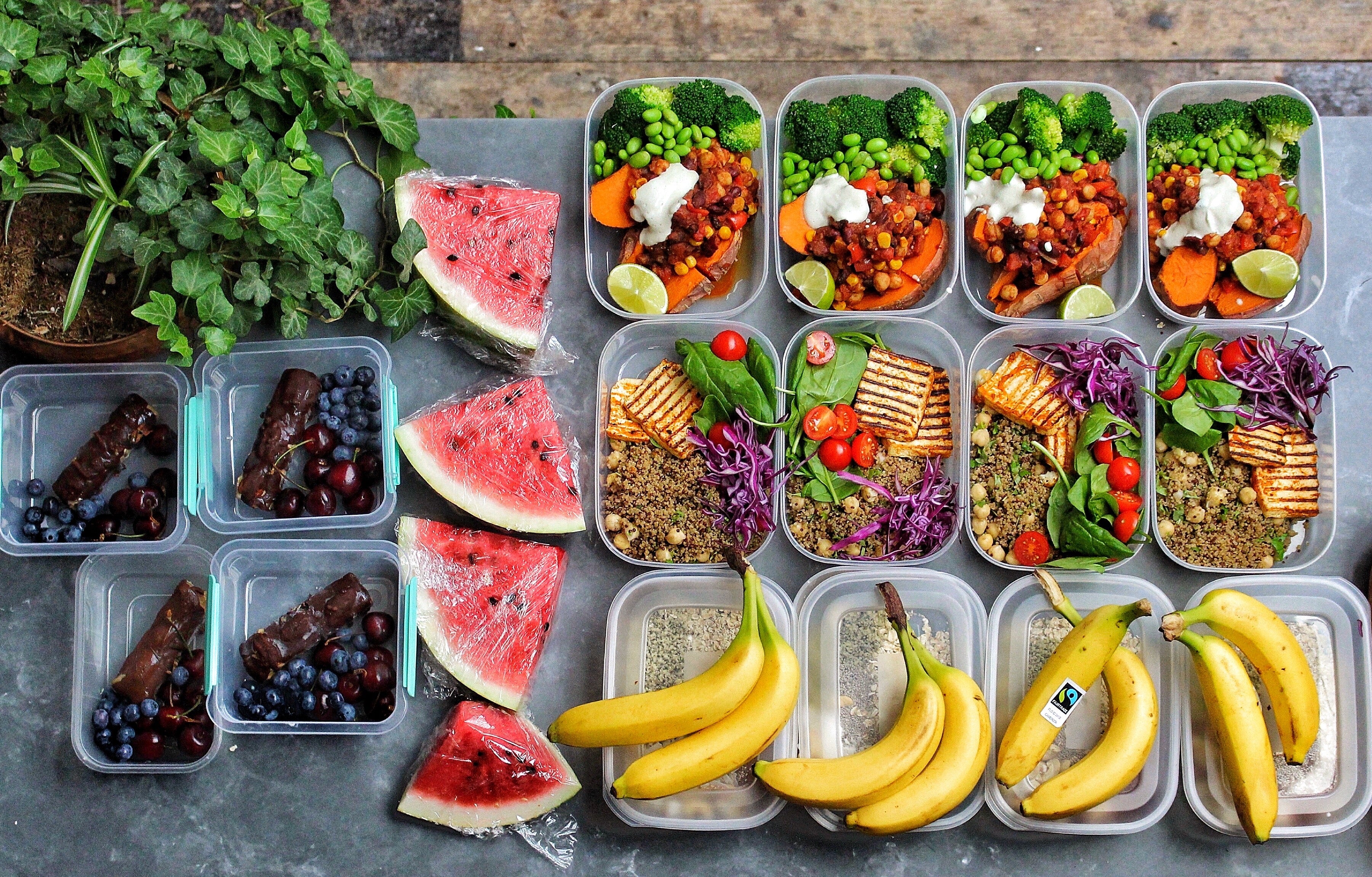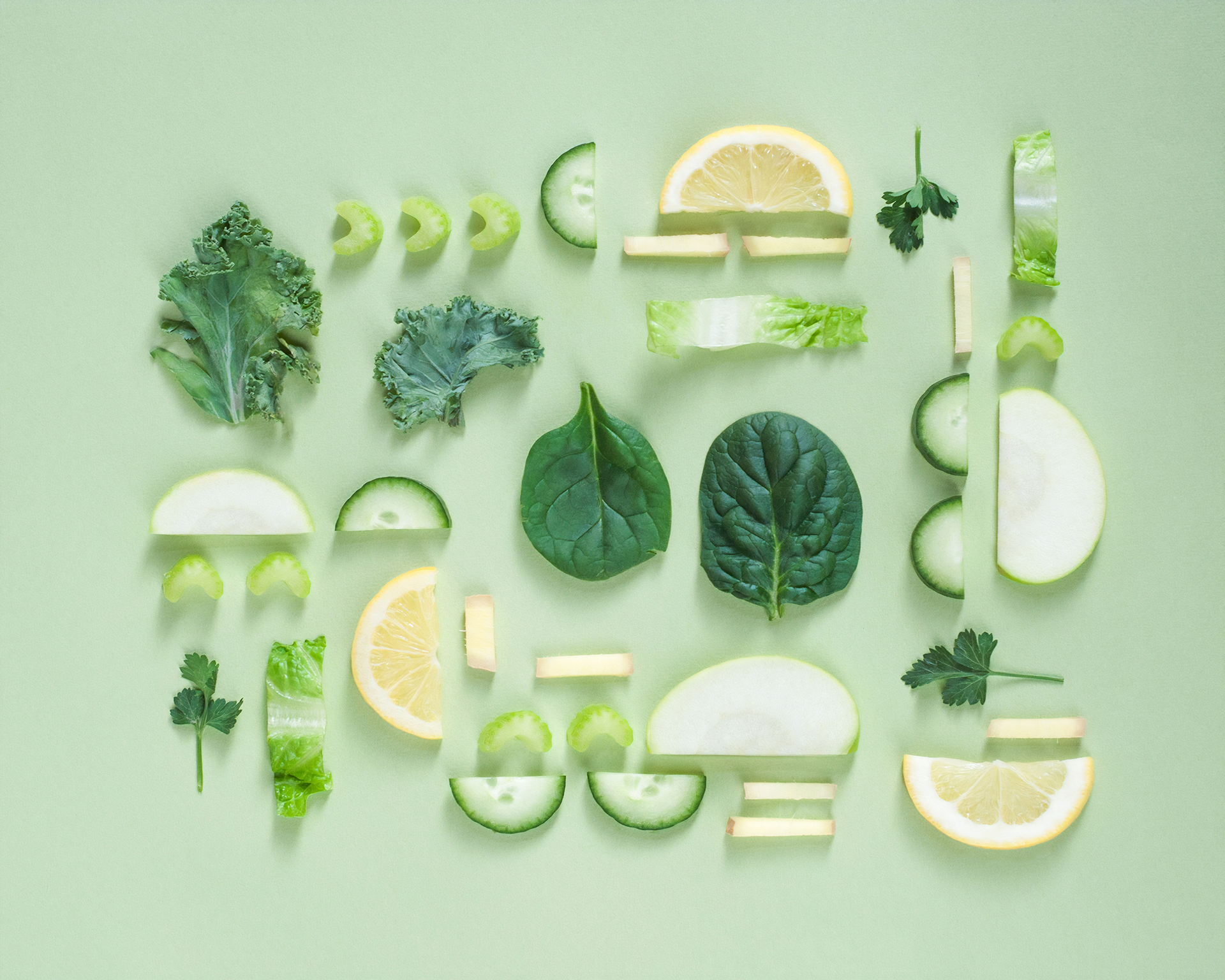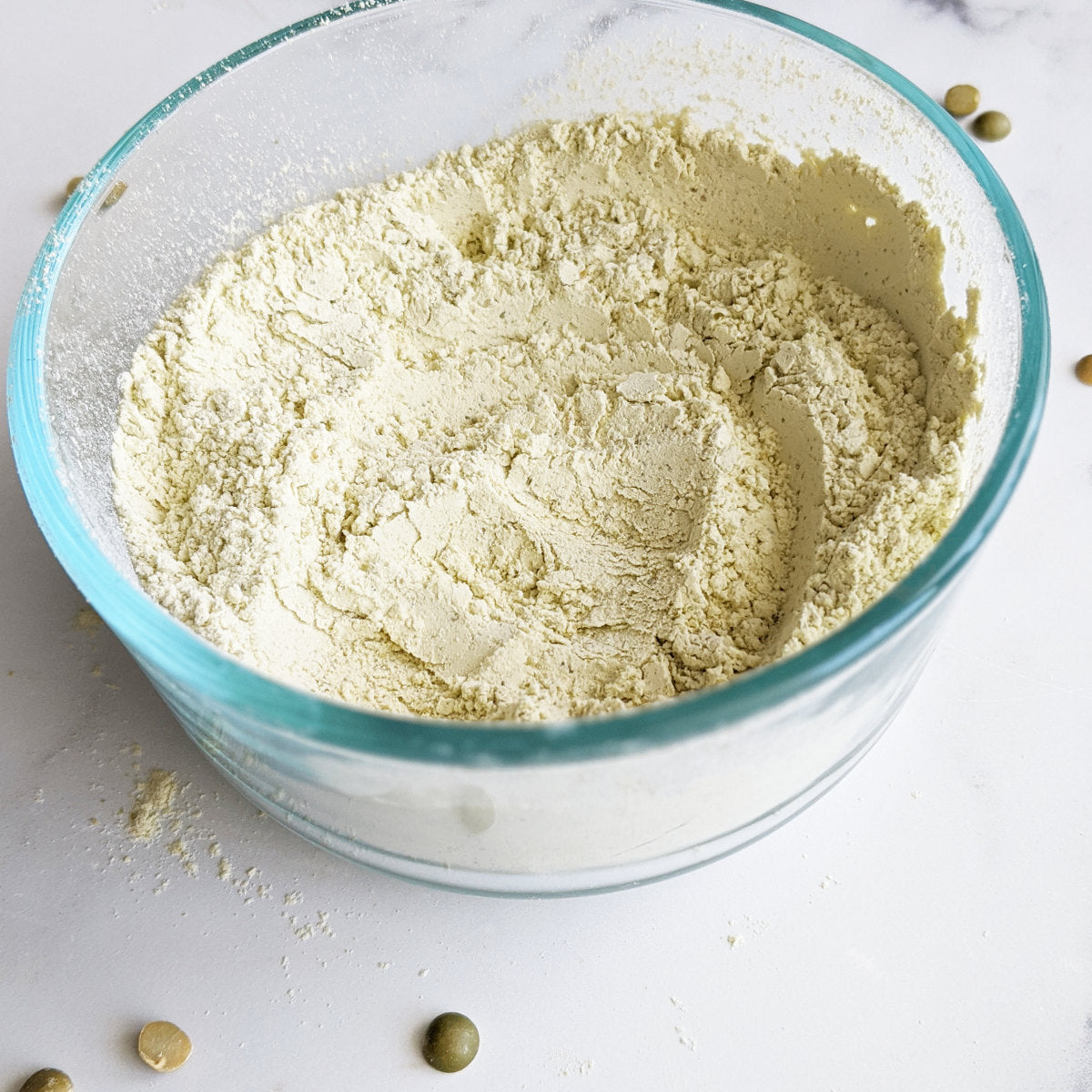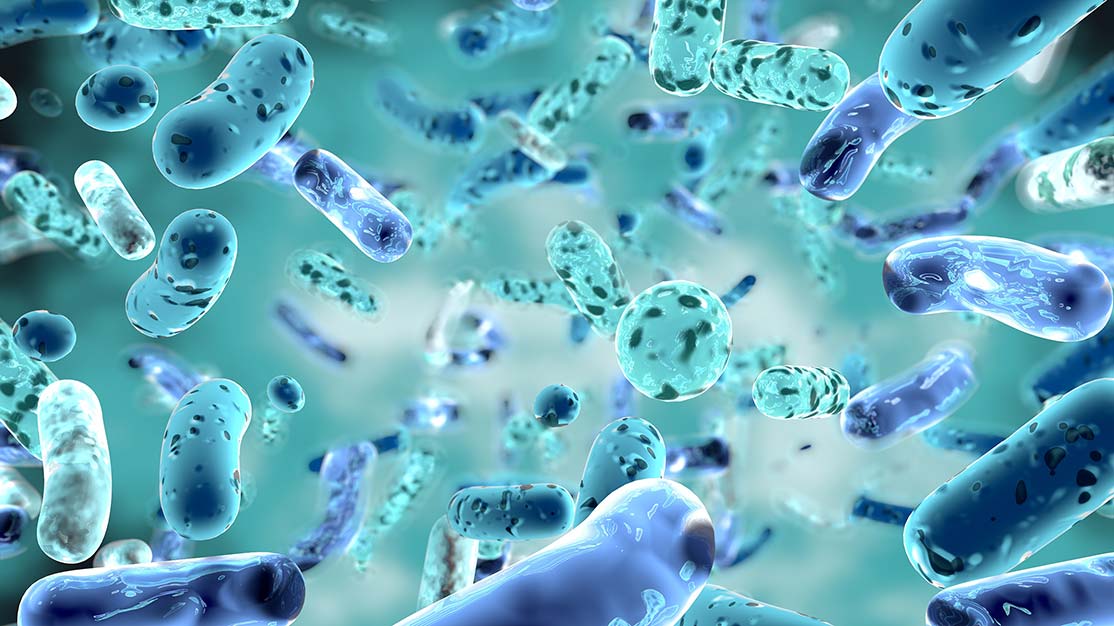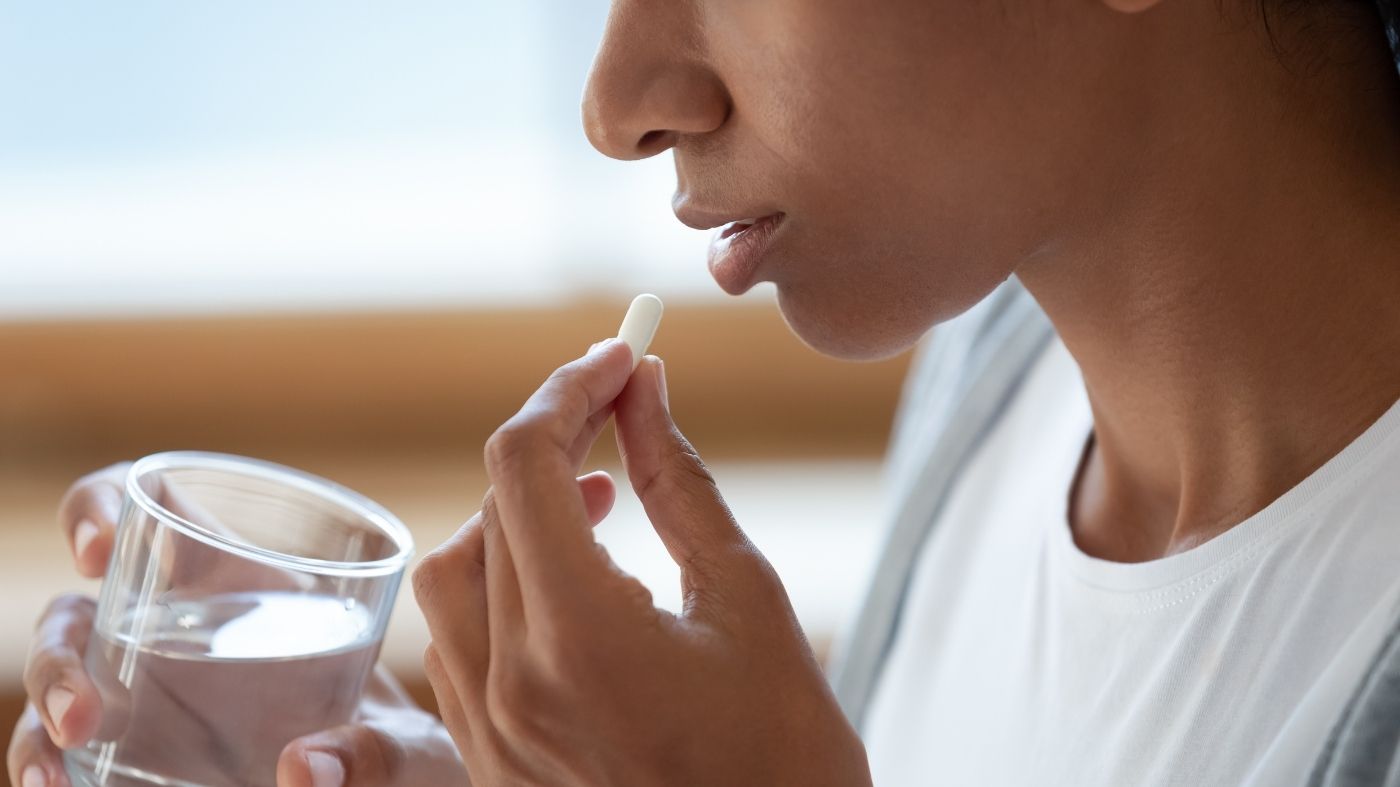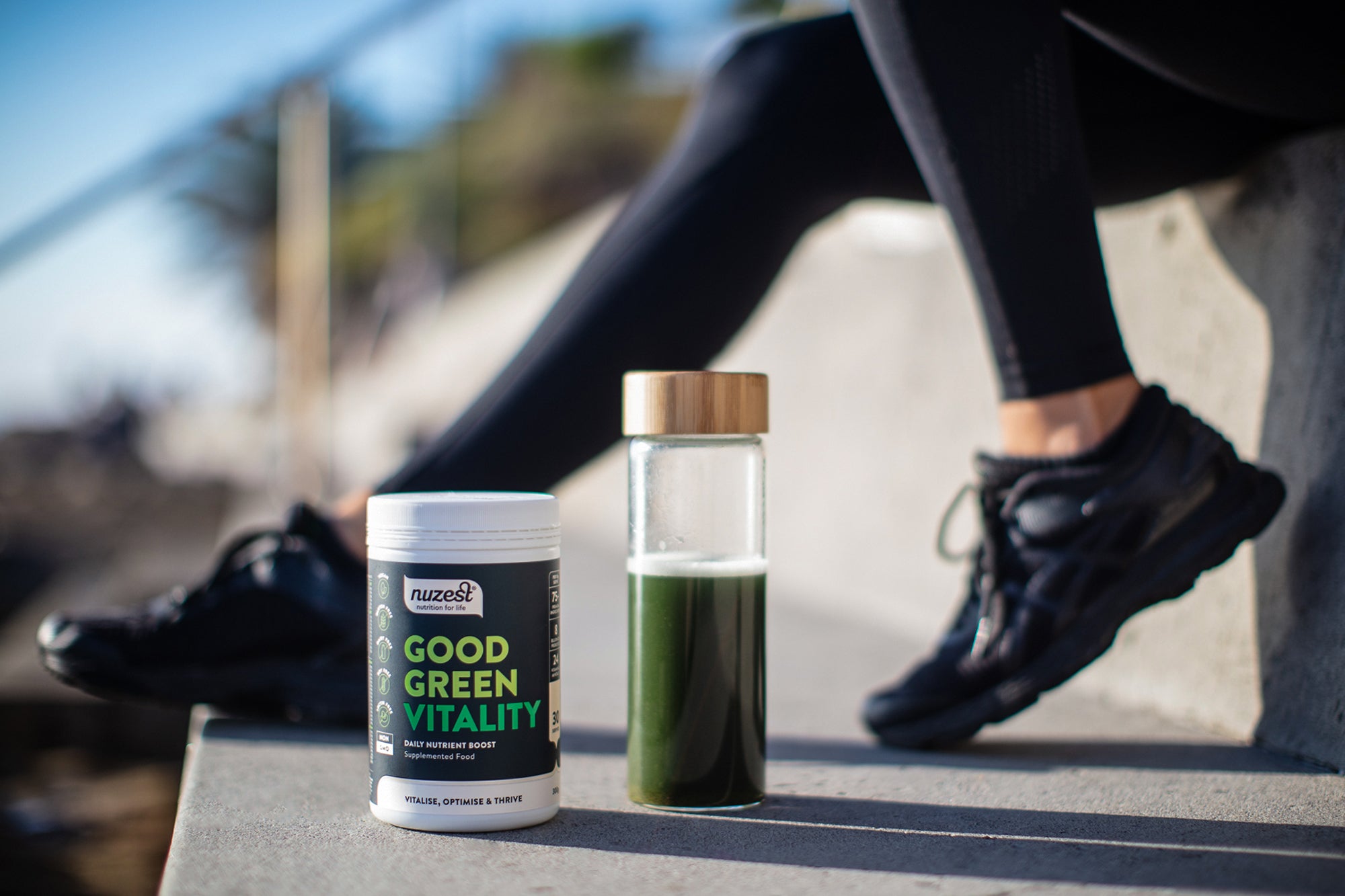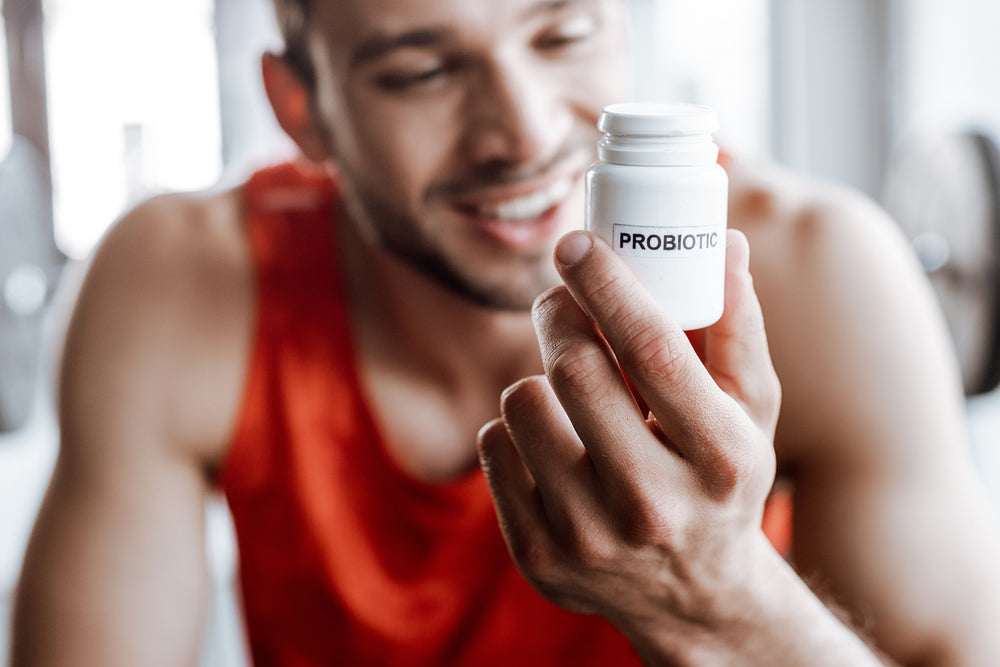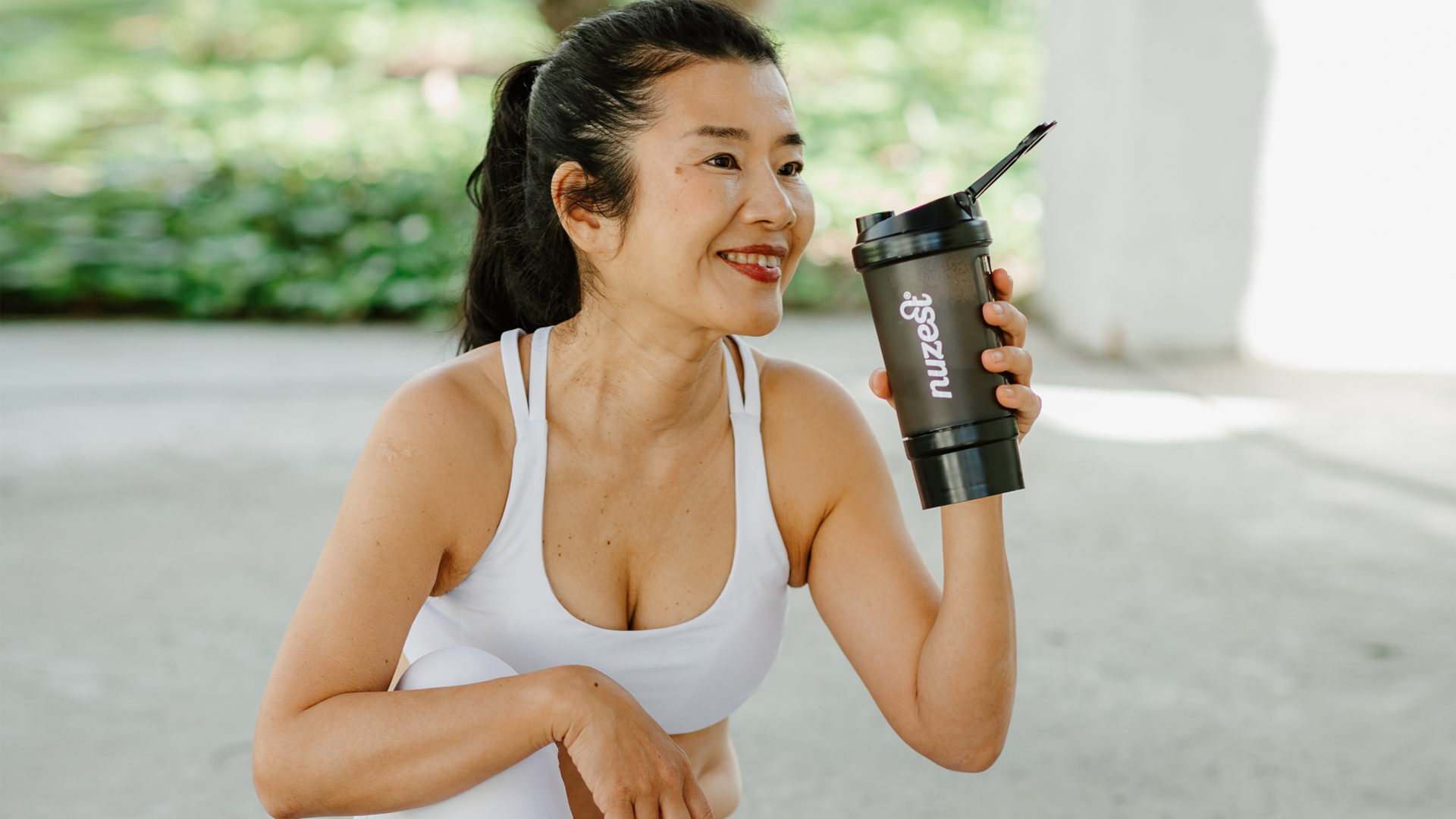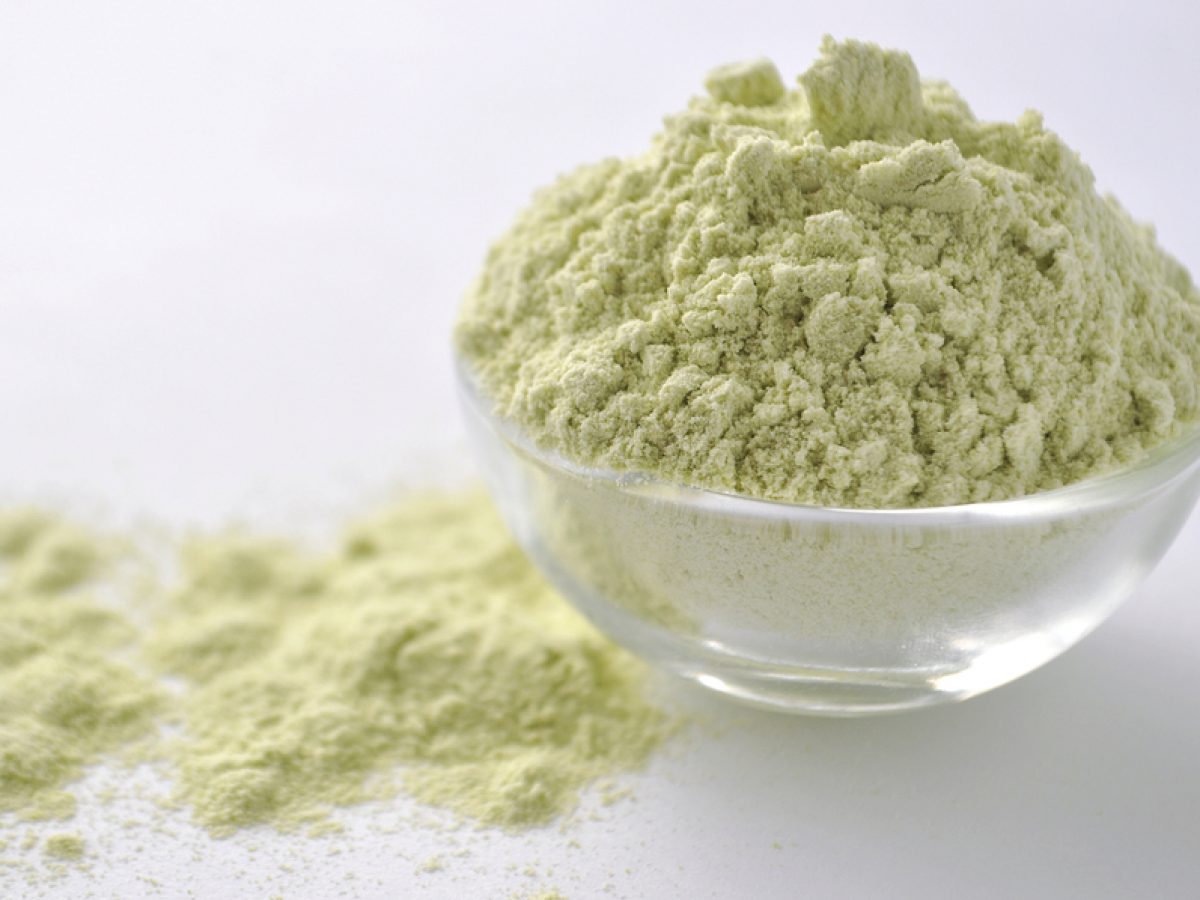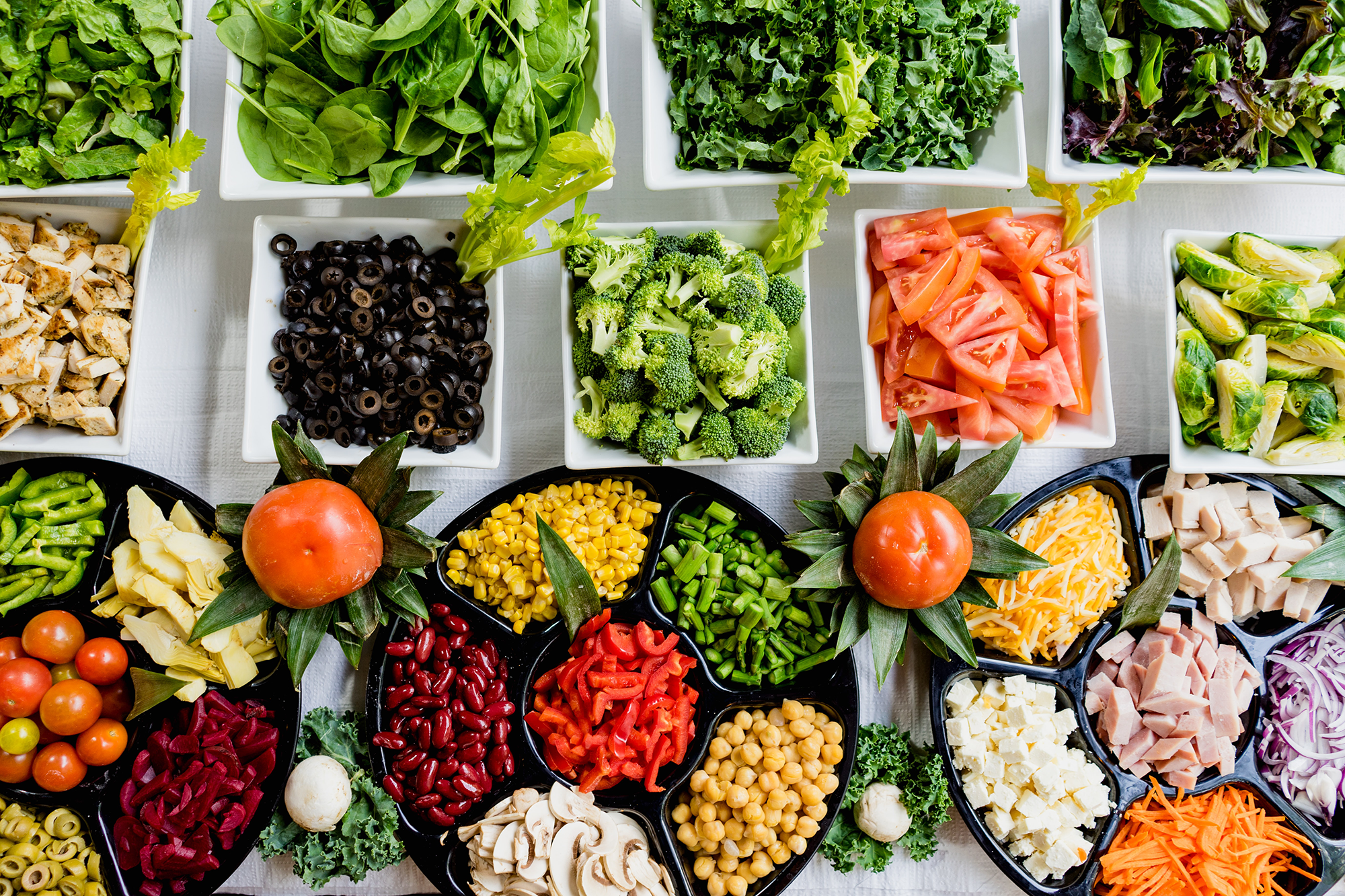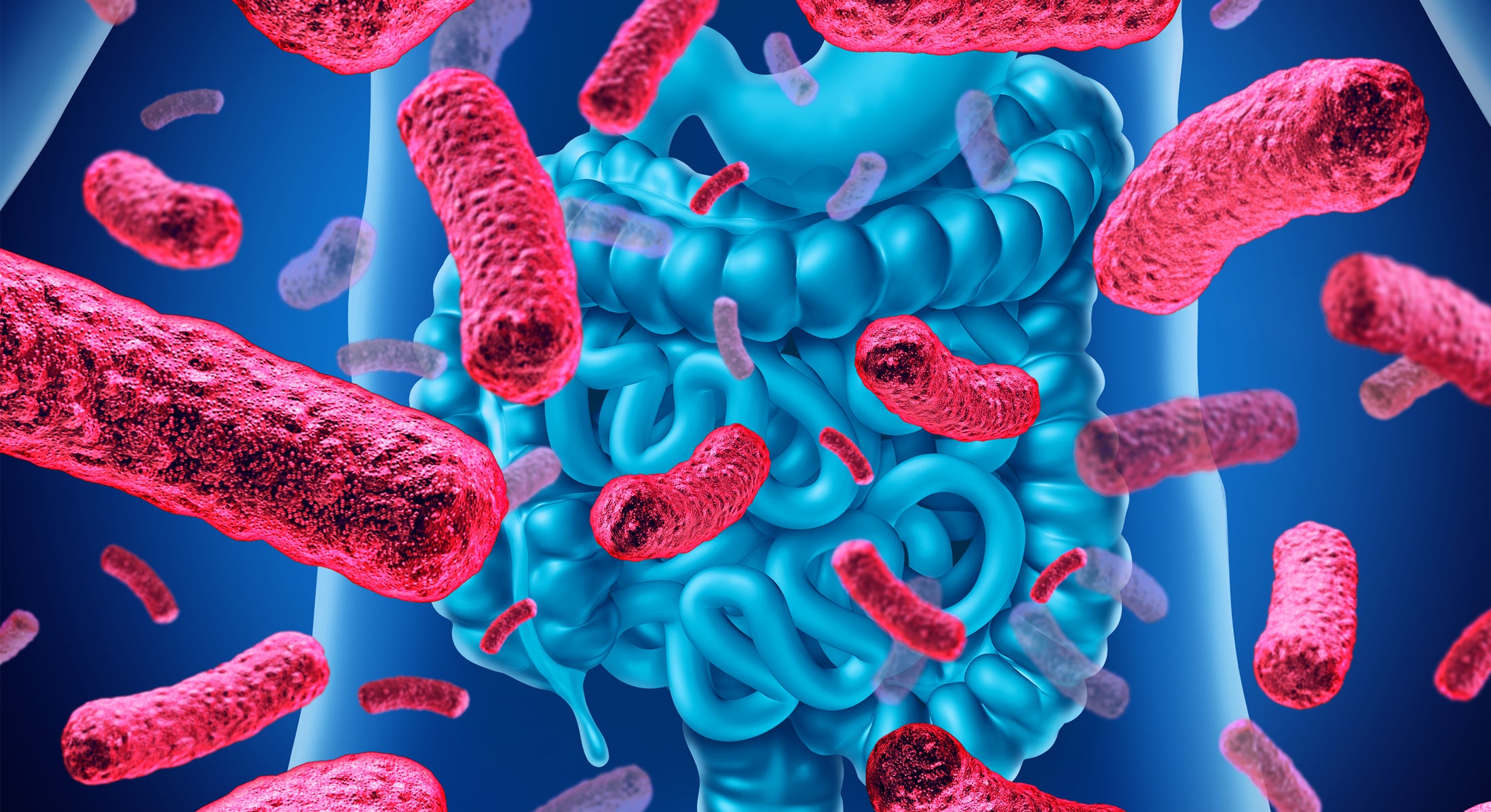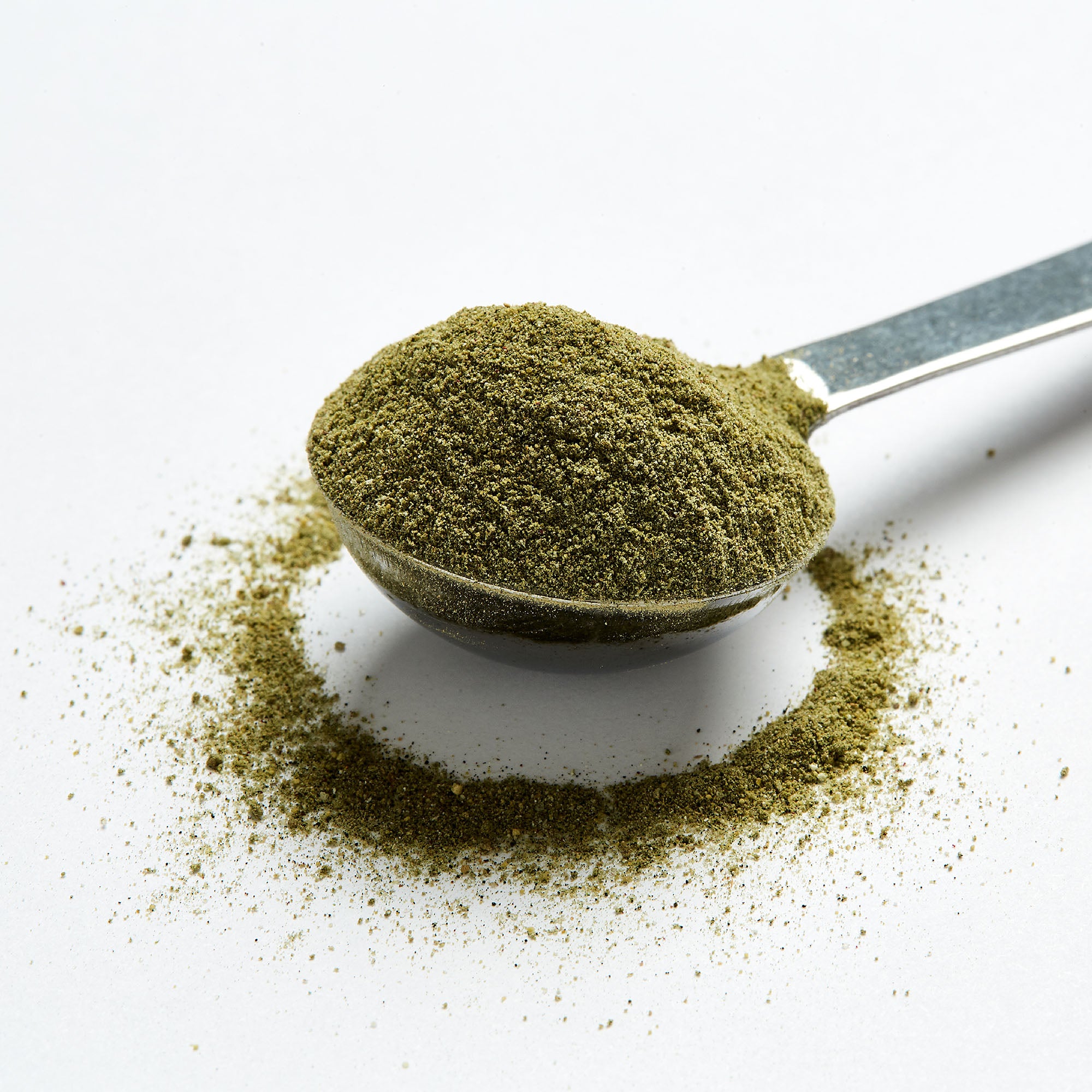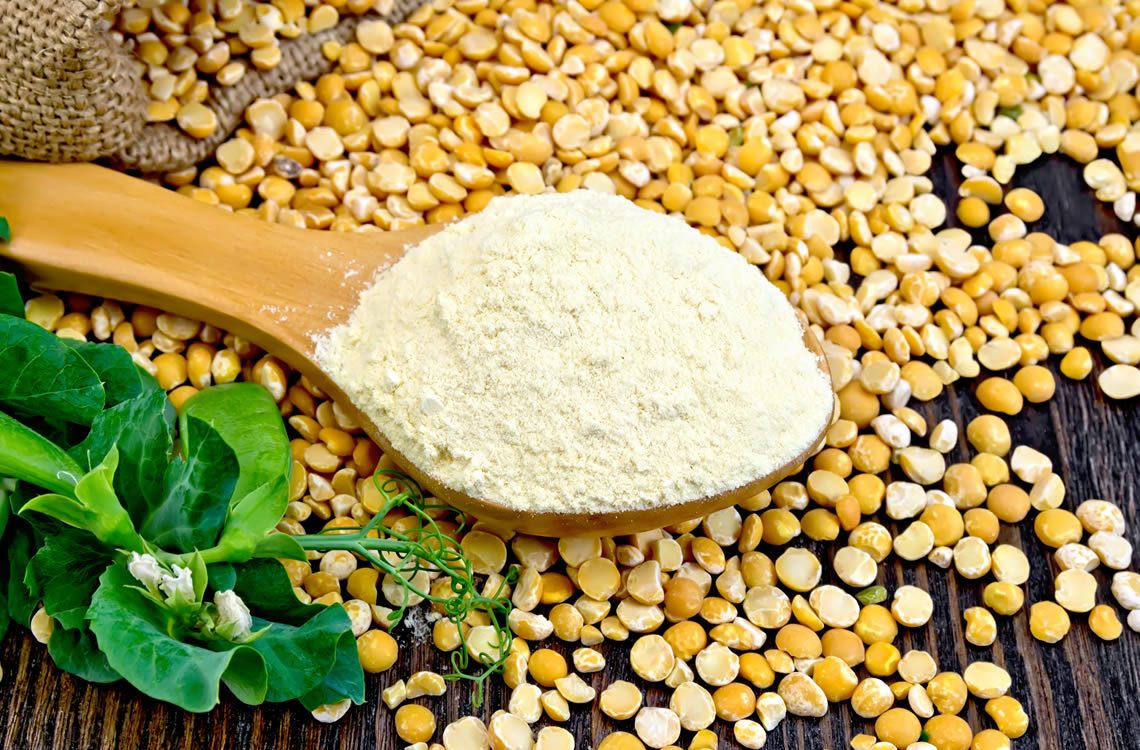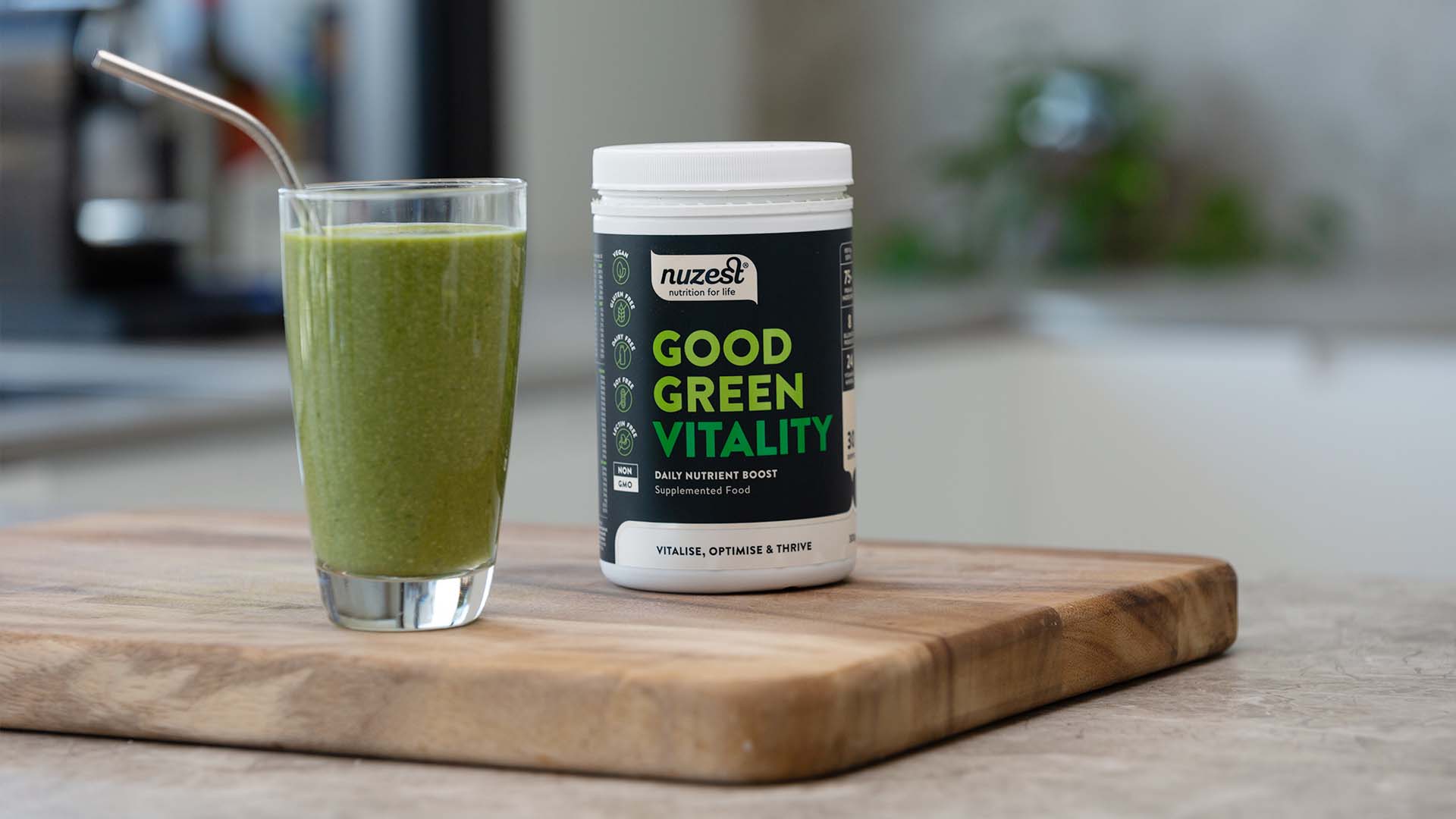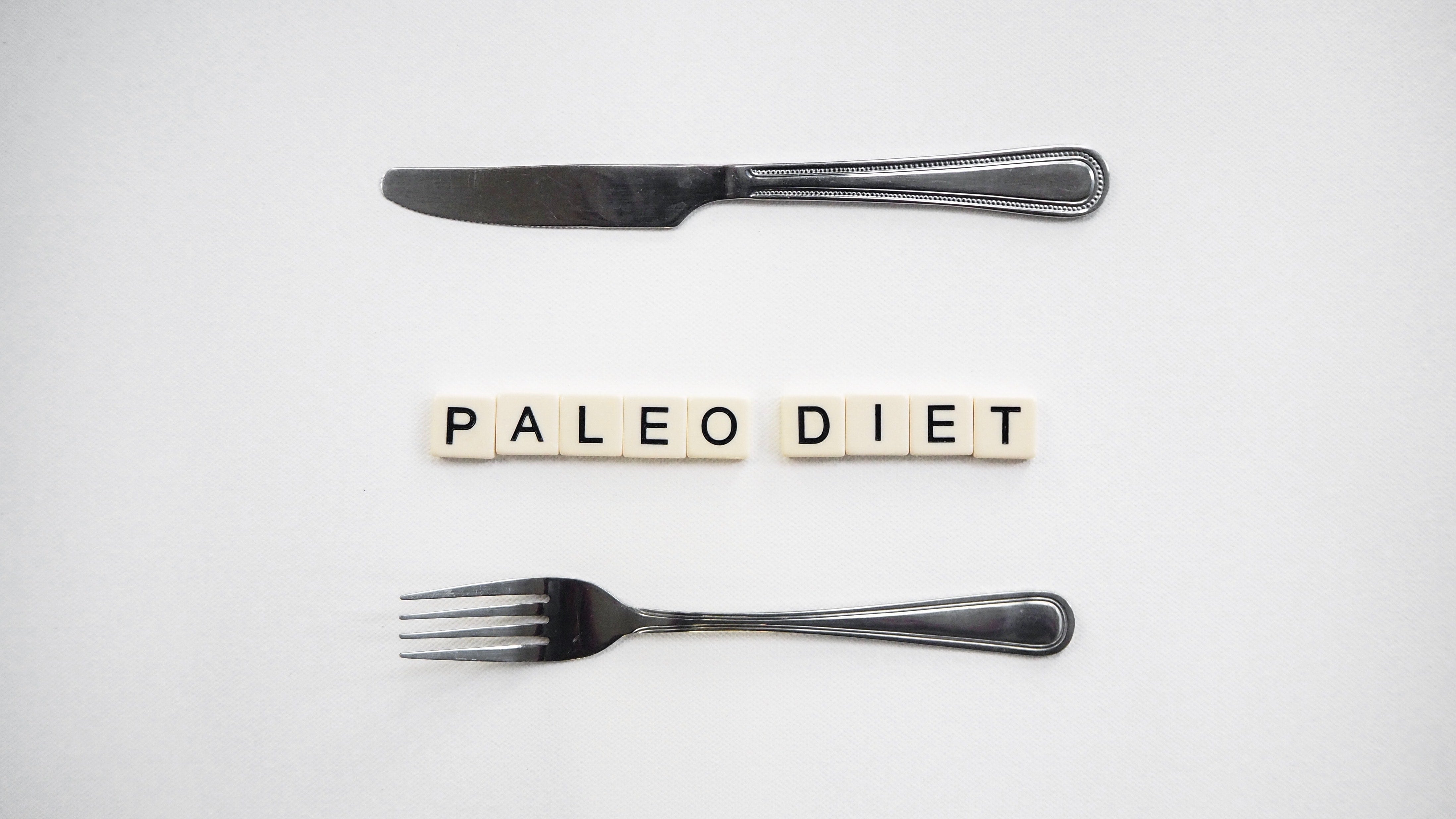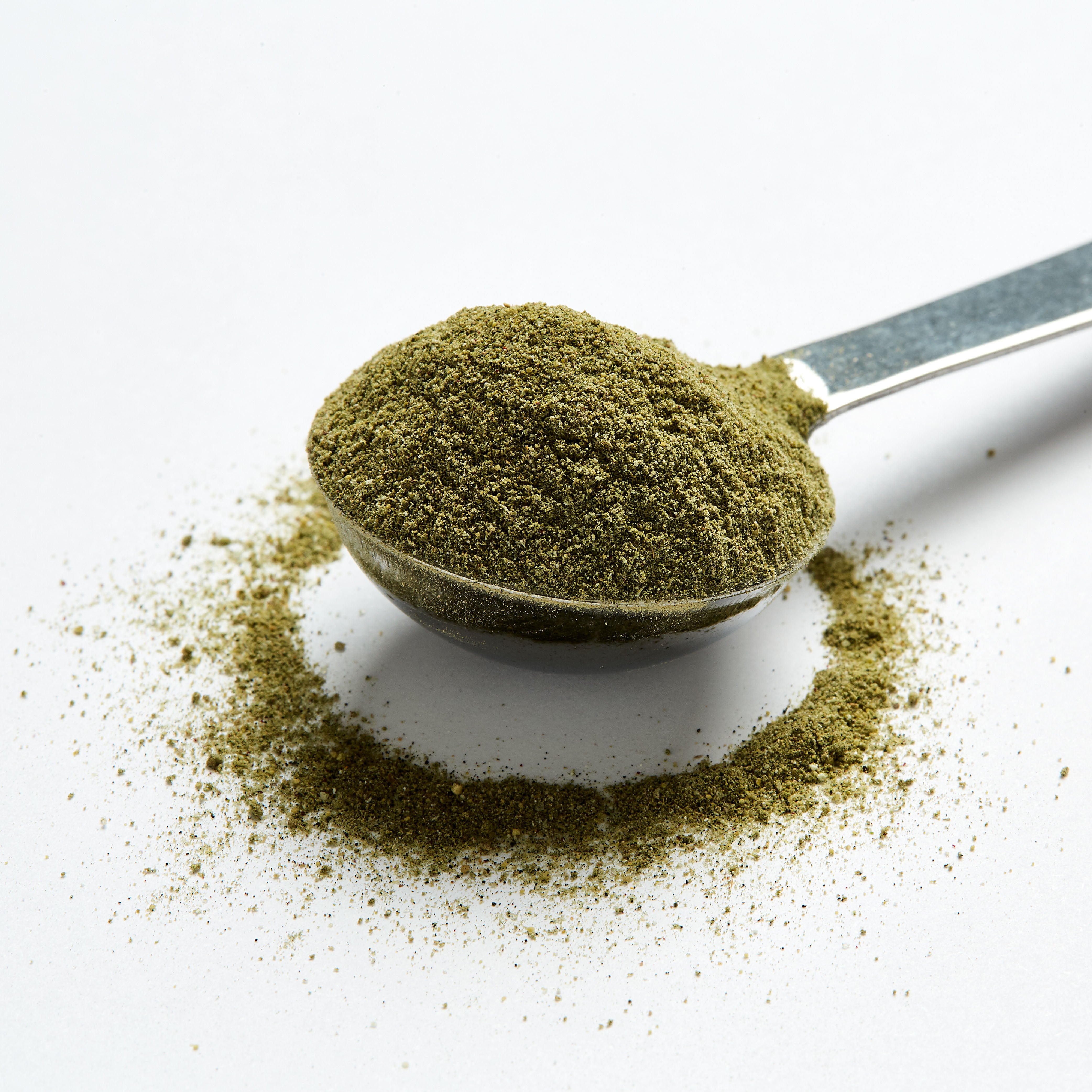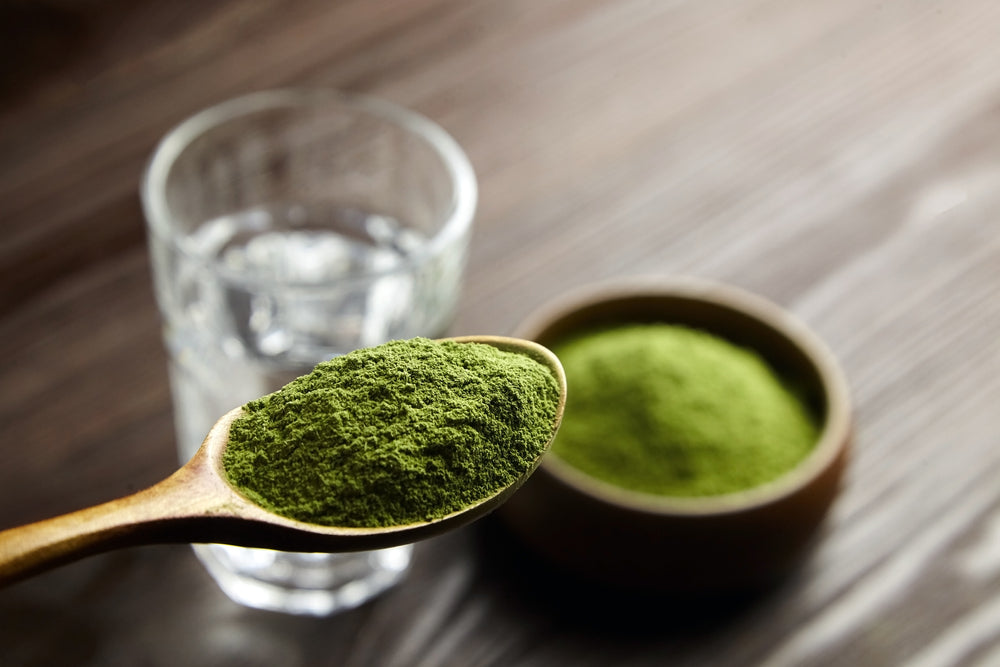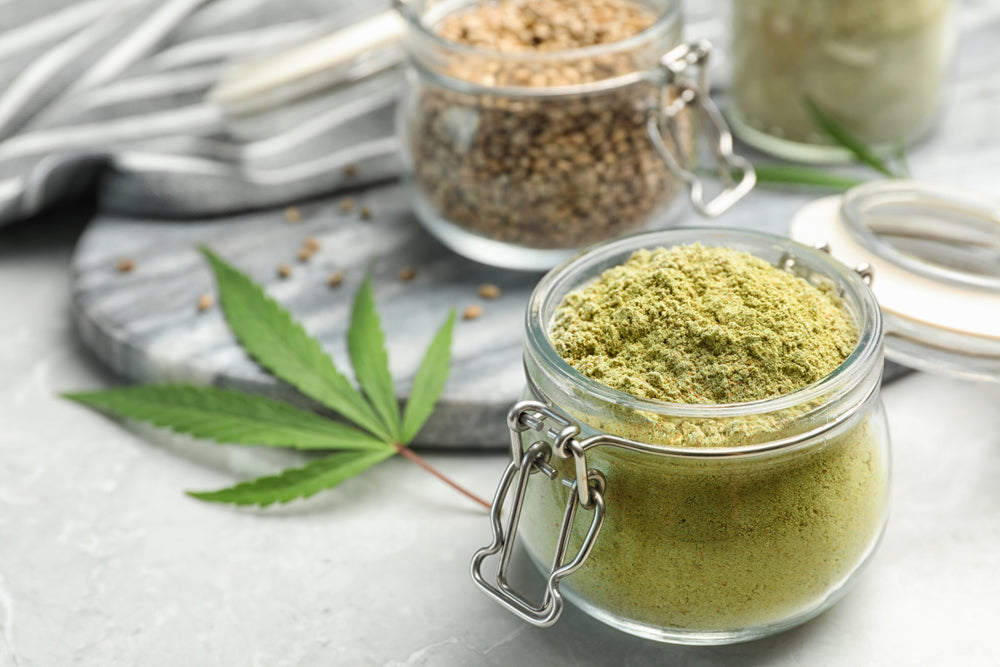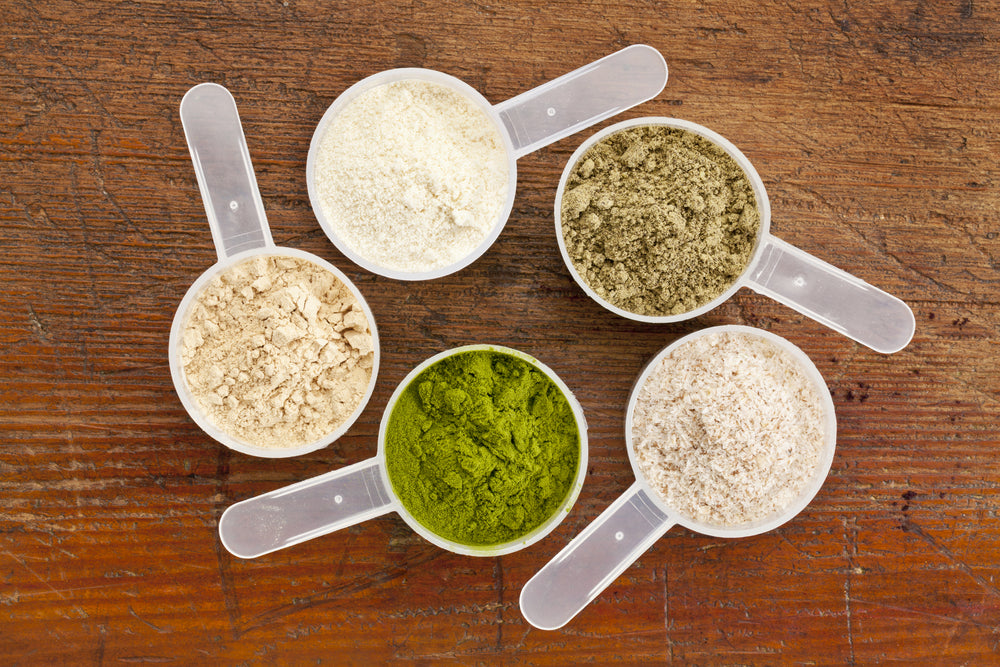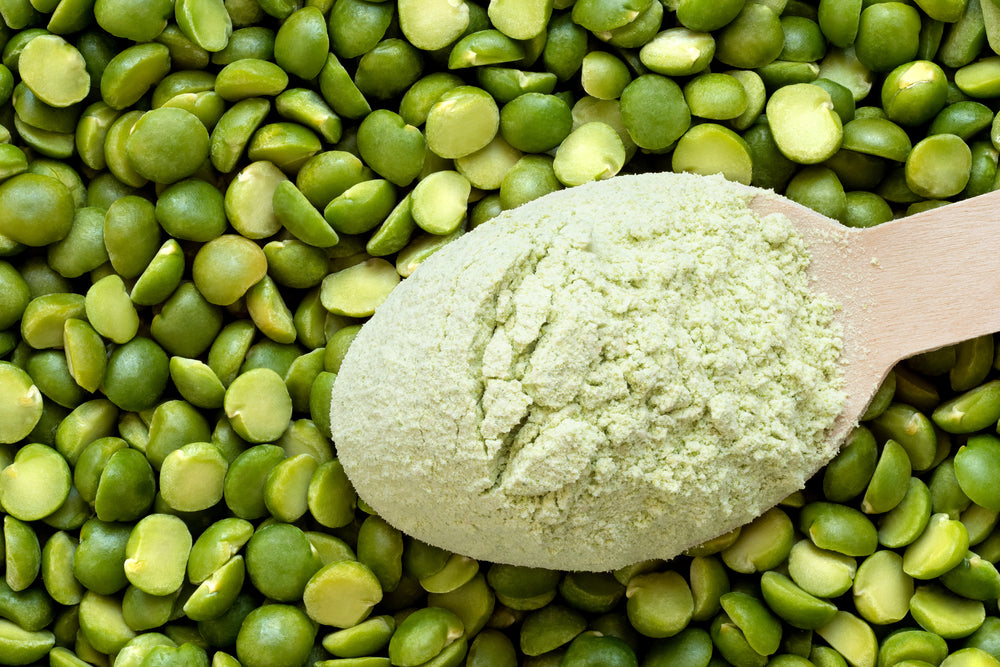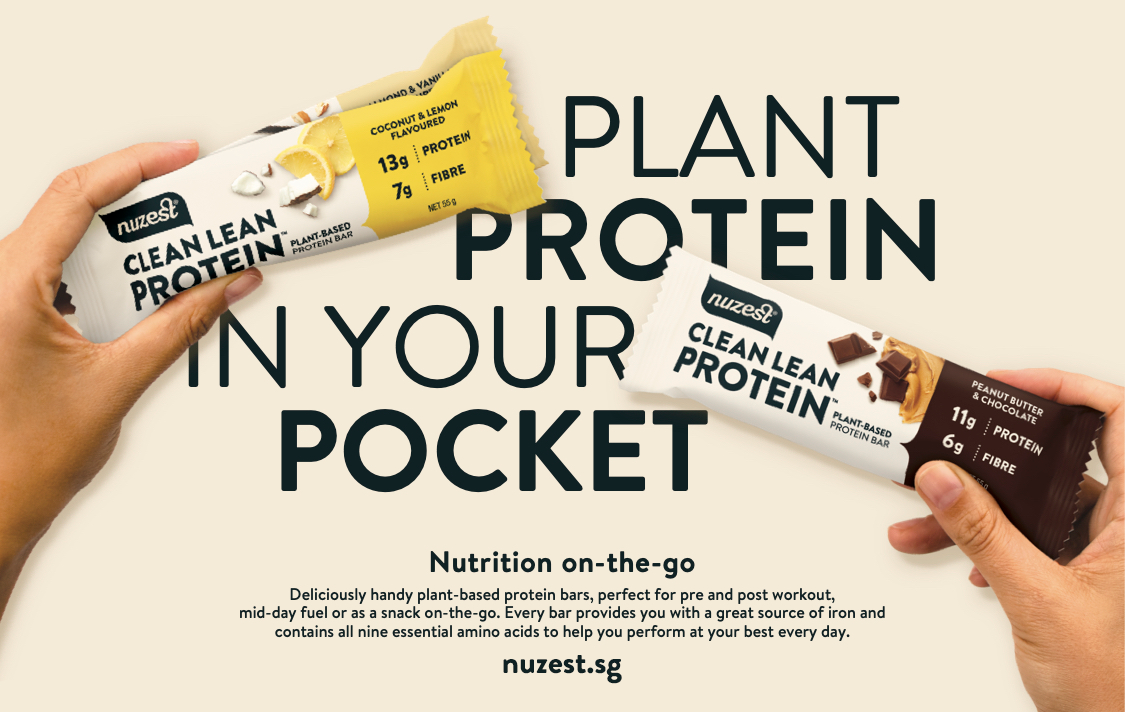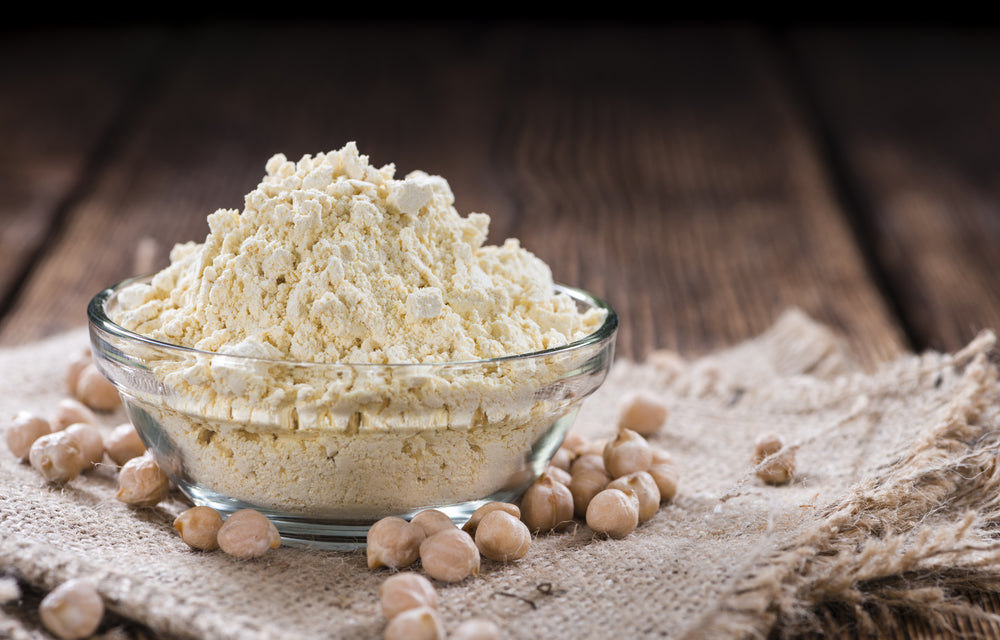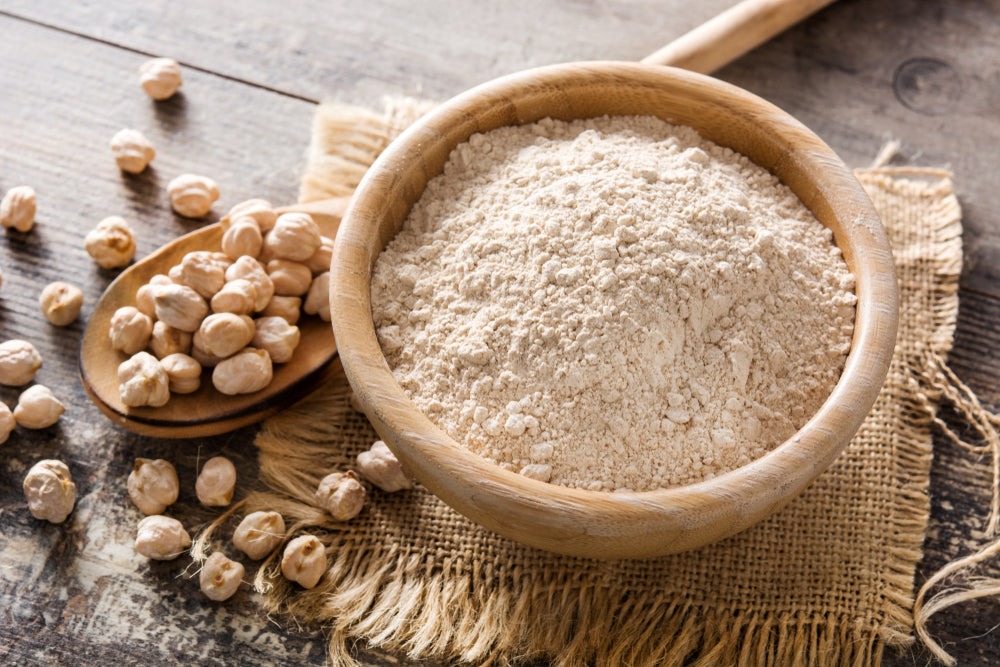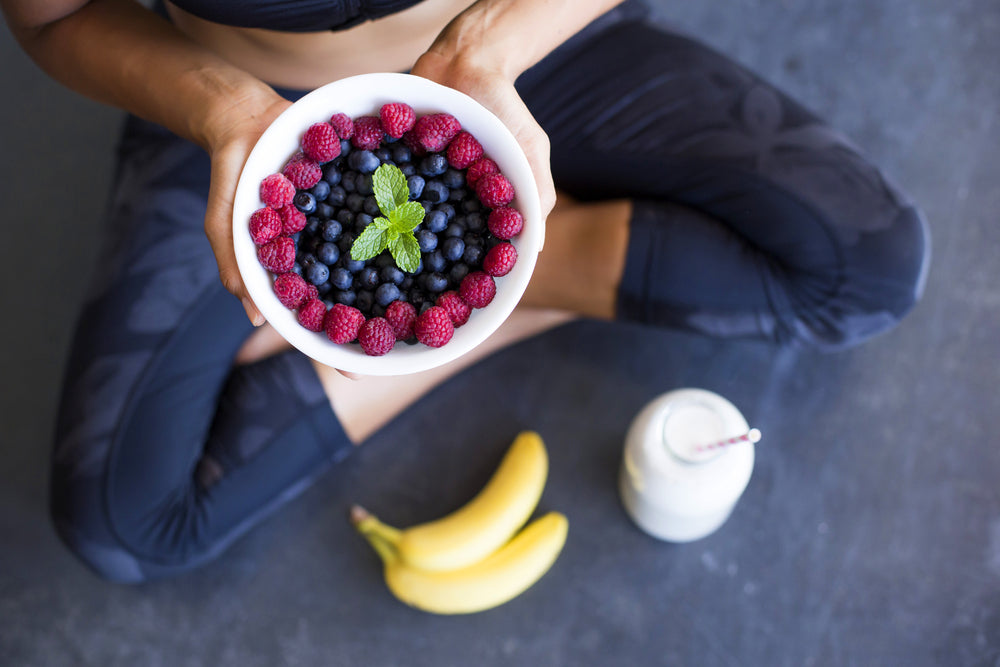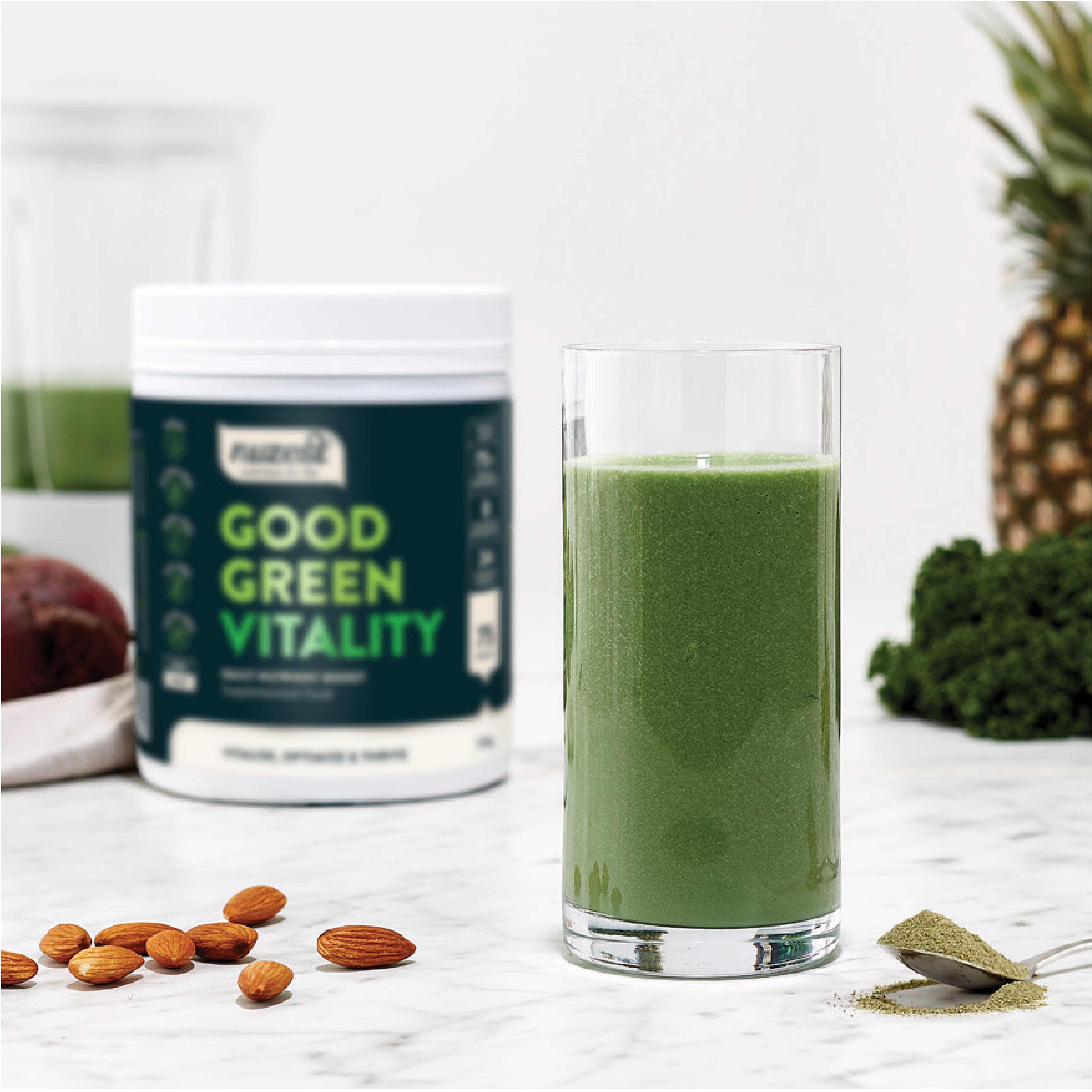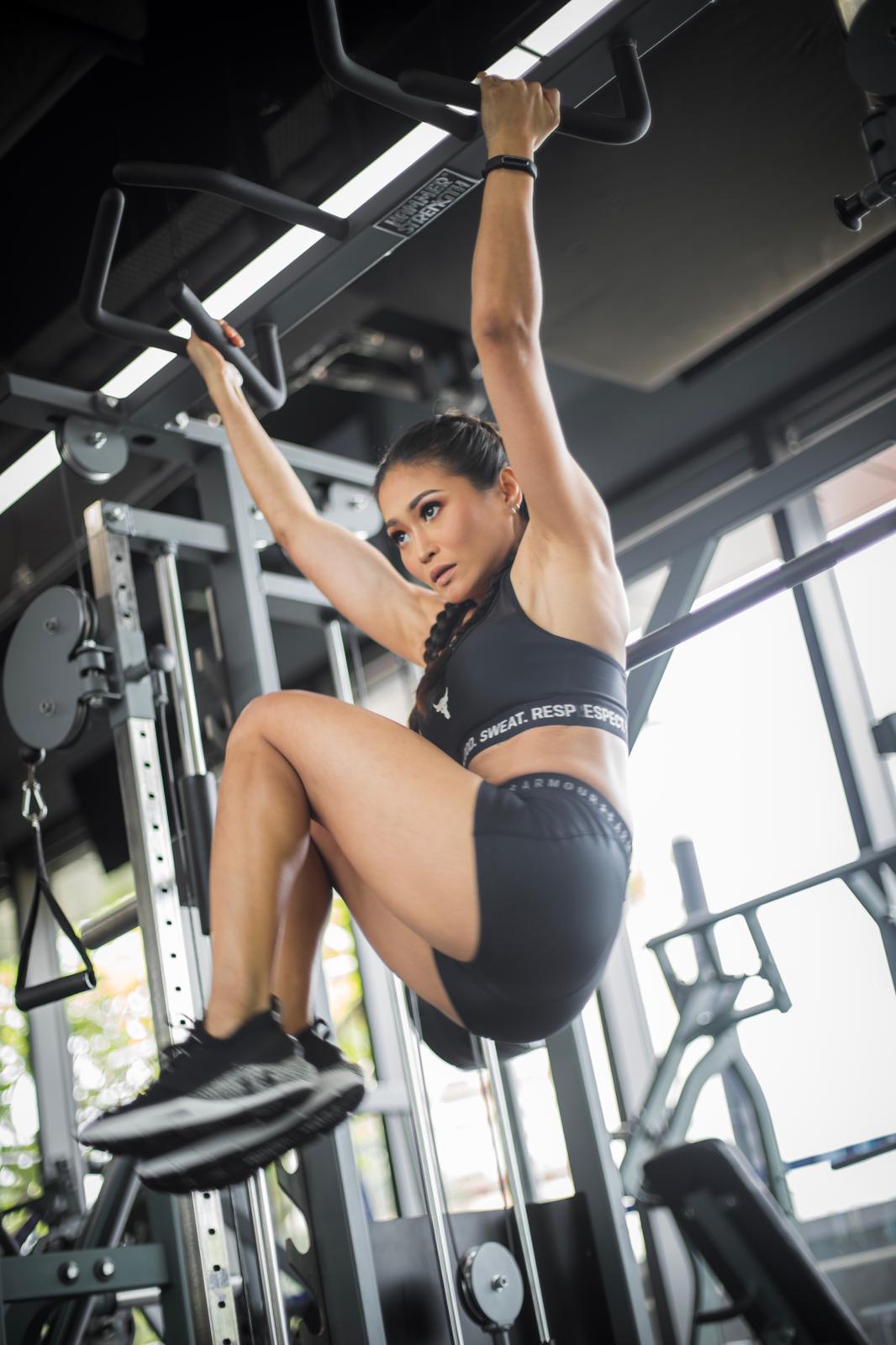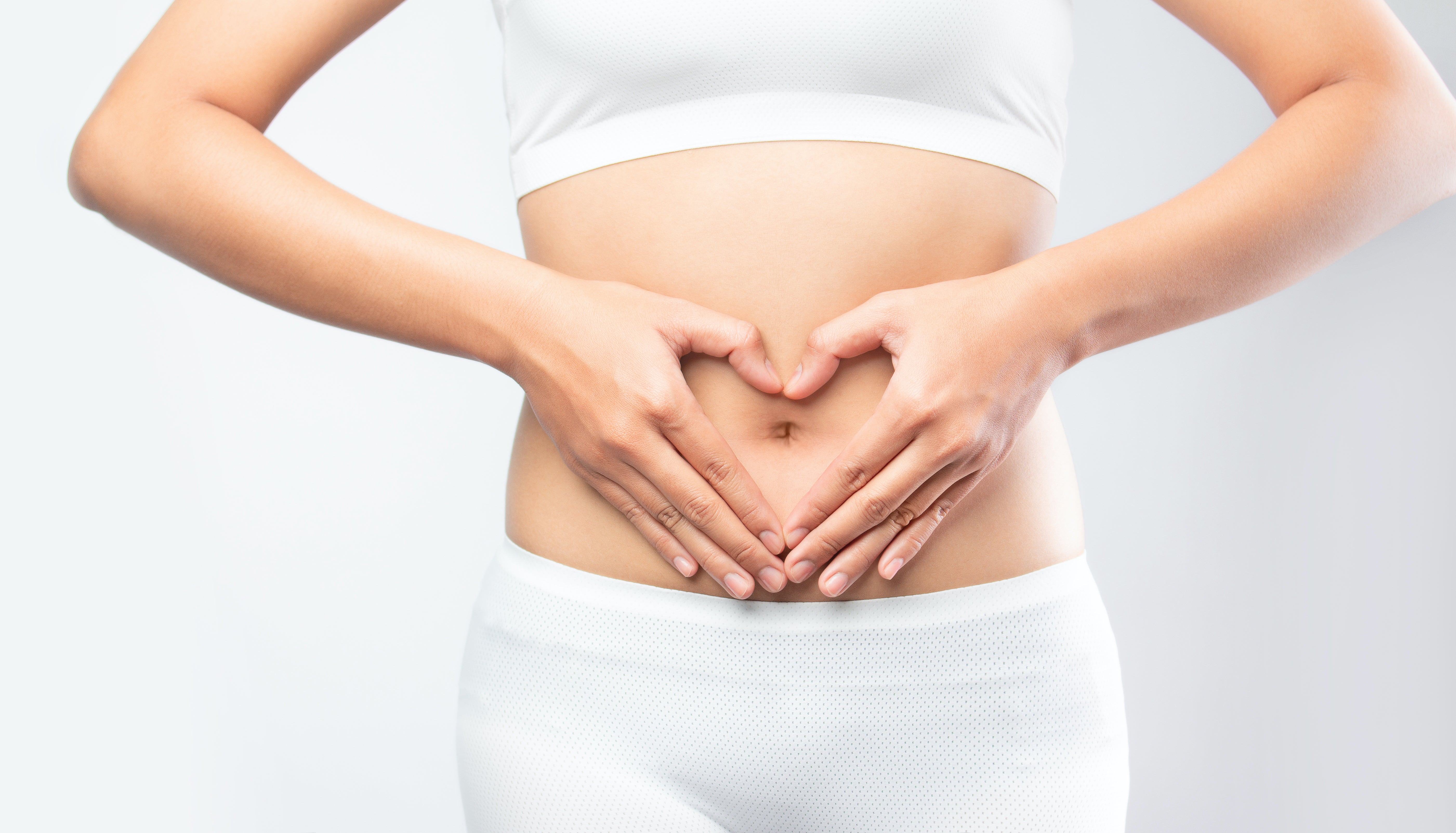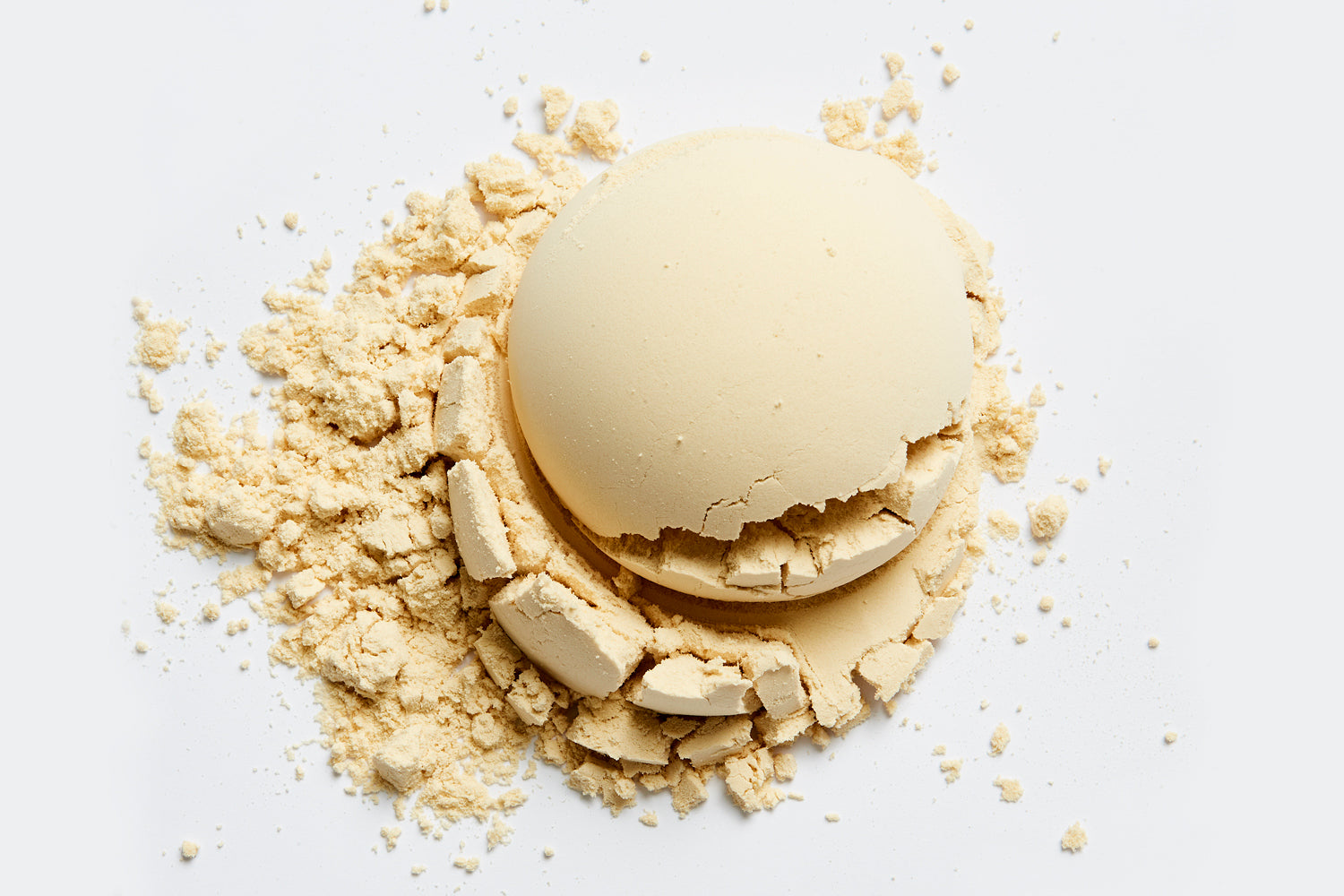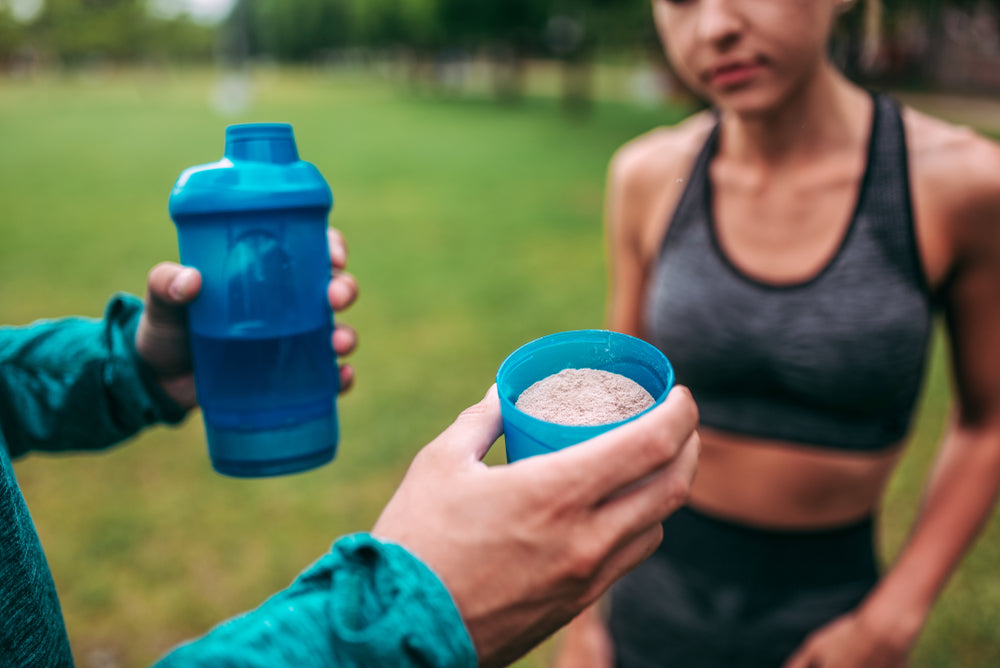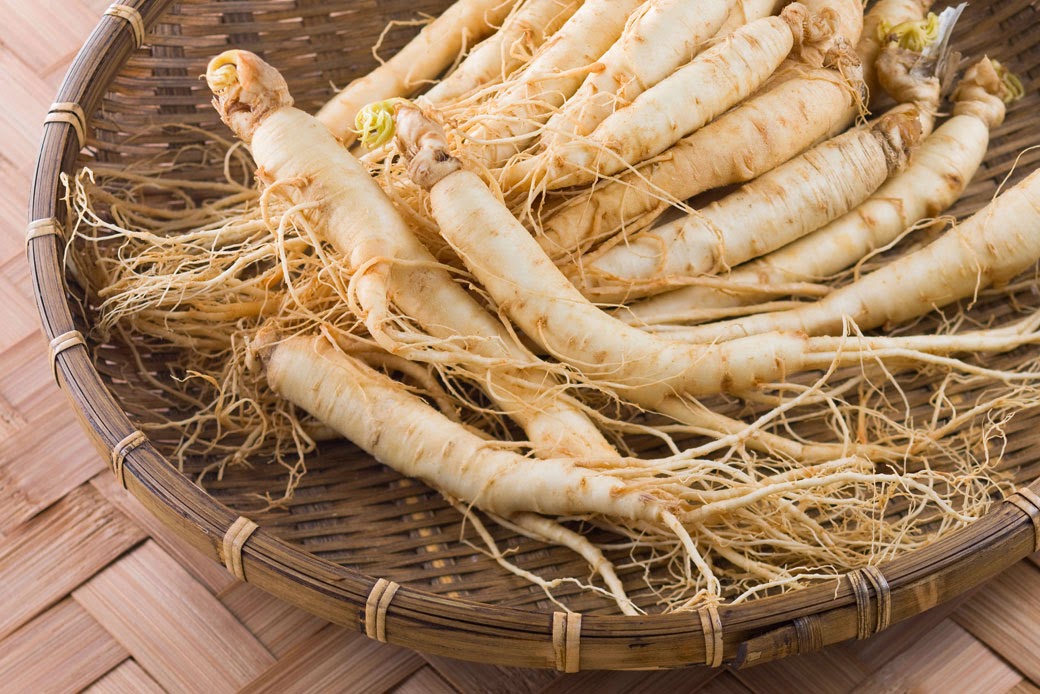Kicking off to achieve your fitness goals usually entails deeper insights into strict diets involving protein supplements. Of most, pea and whey protein, respectively, are significantly popular and highly recommended. But which would produce better and quicker results for you? Is pea protein just as good as whey?
Yes, pea protein can really be just as good as whey protein. Pea protein contains Branched-chain amino acids (BCAAs), complete with all nine essential amino acids! Thus, pea protein is an excellent vegan-friendly, allergy-free, and lactose-free effective nutrition support for muscle gain.
Everyone will require different quantities, let alone different ones, even for the same protein source. This article will comprehensively discuss:
- What pea protein is
- What whey protein is
- The essential differences between pea protein and whey protein
- How well does pea protein work relative to whey protein
- The better pea protein for you
What Is Pea Protein?
Pea protein is a type of food supplement extracted from peas. The powder is consistently smooth and can adopt any color depending on added ingredients.
As implied by its name, it is a substantial protein source. This protein content is variable depending on various environmental and genetic factors.
It is also rich in carbohydrates, but most bodybuilding consumers aren't interested in this food class content.
Pea proteins are popular and serve multiple purposes. Operating as an ingredient is one of many. It improves food texture and can influence its viscosity, gelation, and stability.
Furthermore, pea proteins are also the perfect substituent for consumers allergic to other protein-rich sources. They are free from most allergic foods like fish, wheat, eggs, and fish.
Yet, as a bodybuilder, you're most interested in pea protein's significance in weight loss and improved muscle mass.
By digesting well but relatively slowly, pea proteins are satiating. A study proves that they have a low glycemic index, hence keeping the blood sugar levels even and effectively reducing hunger. Ultimately, they help lose weight.
For muscle growth, its contained branched-chain amino acids play a vital role. A positive response from the body muscles to the proteins also naturally instigates long-term mass growth.
What Is Whey Protein?
Whey protein is processed from the remnant liquid of curdled and strained milk. It is naturally yellow but can turn brown on exposure to humidity or heat over time. Whey can adopt two forms, predicated on its source.
Whey from dairy products like strained yogurt or cottage cheese is acid/sour whey. And whey from rennet-coagulated cheese is sweet whey.
Both whey types are also notably protein-rich. Their fat content is low, conversely to their high lactose levels.
Whey protein seemingly has more supplementary uses than peas, aside from muscle growth. Cooks use it to produce cheeses, condition doughs, and as an additive for processed food.
On the other hand, athletes and bodybuilders set their sights on unlocking whey's bountiful protein store. Aside from containing protein & amino acids, whey proteins stimulate anabolic hormones for muscle gain & repair. Insulin is one of them.
Differences Between Pea Protein and Whey Protein
Both protein powders have proven their efficacy in achieving desired fitness results. Although they are among the best proteins, you'll need more in-depth studies for guidance on determining the better one based on your goals.
Let's outline clear-cut differences between pea protein and whey protein:
Source
Pea protein
Pea protein powder comes from the yellow and green split peas (Pisum sativum). It is a legume crop with an annual growth pattern.
Whey protein
Whey protein is naturally from whey - a thick liquid from cow milk. It is a by-product of curdling the milk during cheese production.
Essentially, pea protein is plant-based, and whey protein is animal-based.
Processing
Pea protein
Pea proteins are processed and produced in three ways:
- As a concentrate: It involves dry fractionation involving low protein concentration.
- As an isolate: Achieved by wet fractionation. The process involves the highest protein concentration.
- In textured form: Used as a substitute in food products for other products.
Whey protein
Whey proteins are processed by separating whey from cow milk. The viscous separated liquid is purified and transformed into powder.
Protein Content
Pea protein powder has slightly less protein content than whey protein powder per serving.
However, this does not mean that the protein content of pea protein is sub-par in providing promising muscle gain results.
Note that the brands of store-bought ones will also influence their protein contents. You can compare them by reading the nutritional facts label printed on each's bottle.
Amino Acid Profile
Both protein powders are complete with nine essential amino acids, and they also contain Branched-chain amino acids (BCAAs).
Pea protein
Peas have an excellent amino acid profile. Yes, just like animal sources, pea protein is complete with the nine essential amino acids! However, note that pea protein only contains a minimal amount of methionine.
Whey protein
Whey protein contains more branched-chain amino acids than pea protein per serving.
Now let's make a general comparison of the amino acid composition of the two!

Source: PubMed Central
Flavor and texture
Pea protein
Pea protein isn't the most pleasant-tasting food from people's description. Some say it is earthy others say it's bitter. Grassy, beany, and even chalky are also common ways others describe the flavor.
Its powder has a smooth chalky texture.
Whey protein
Consumers have also described whey protein as chalky. More detailed descriptions prove that it is reminiscent of cheese and milk, which isn't surprising, being their by-product.
It is grainy, hence, less smooth than pea protein powder.
Allergens (Gluten and Lactose)
Pea protein
Pea protein is gluten and diary-free from its natural form to processed powder. So there isn't any foreseen content that can cause allergies in pea protein.
Whey protein
On the flip side, whey protein powder contains lactose and, sometimes, gluten. So pea protein definitely wins this category.
Does Pea Protein Work Effectively Well As Whey?
It's a tricky question, even for experts. Let's concisely dive into the protein powders for various consumer case scenarios:
Pea protein for weight loss
A study found that overweight/obese men following a weight loss program experienced consuming meals high in protein can help decrease hunger and suppress their appetites. After all, protein takes longer to digest protein, unlike carbohydrates.
Pea protein powder provides you with a convenient way to incorporate protein into your diet! Researchers also claimed that pea protein can work effectively as casein or whey powder to promote fullness and satiety.
In fact, research has shown that consuming 20 grams of pea protein powder 30 minutes before eating can help reduce your calorie intake by up to 12%.
Pea protein on muscle building
As a plant-based protein option, pea protein would be your best friend! Why? Similar to dairy-based protein, pea protein contains incredible amounts of branched-chain amino acids (BCAA) - leucine, isoleucine, and valine. These three essential amino acids play an important role in supporting lean muscle mass and muscle recovery.
Pea protein for athletes
Pea protein has an outstanding amino acid profile that you can also get from animal proteins. It is an exceptional protein boost for vegetarian and vegan athletes.
Plus, pea proteins are allergen-free, unlike dairy and soy protein sources. This supplement is ideal for people with lactose intolerance.
Discover Nuzest's Excellent Pea Protein Formula!
If you think pea protein is your best option for your protein supplement, here are the reasons why you should choose Nuzest's Clean Lean Protein:
- It is made from premium European golden peas.
- It is 100% Vegan, gluten-free, lactose-free, GMO-free, and lectin-free.
- It is the best protein powder option for people with allergies or sensitivity to other types of animal-based and plant-based protein sources.
- It is free from fillers, gums, and artificial preservatives.
- It is earth-friendly
- It has multiple flavors - smooth vanilla, rich chocolate, natural, real coffee, wild strawberry, coffee-coconut + MCTs, chai-turmeric + maca, and vanilla mocha.
Do you want to know more about which protein powder is better for you? Learn more here.
Clean Lean Protein
From seed to tub, we use only the ingredients you need, and the cleanest processing required to bring them to you. Better for you. Better for the environment.

Disclaimer:
The information provided on Nuzest is for educational and informational purposes only. The information provided on this site is not, nor is it intended to be, a substitute for professional advice or care. Please speak to your qualified healthcare professional in the event that something you have read here raises questions or concerns regarding your health.

